
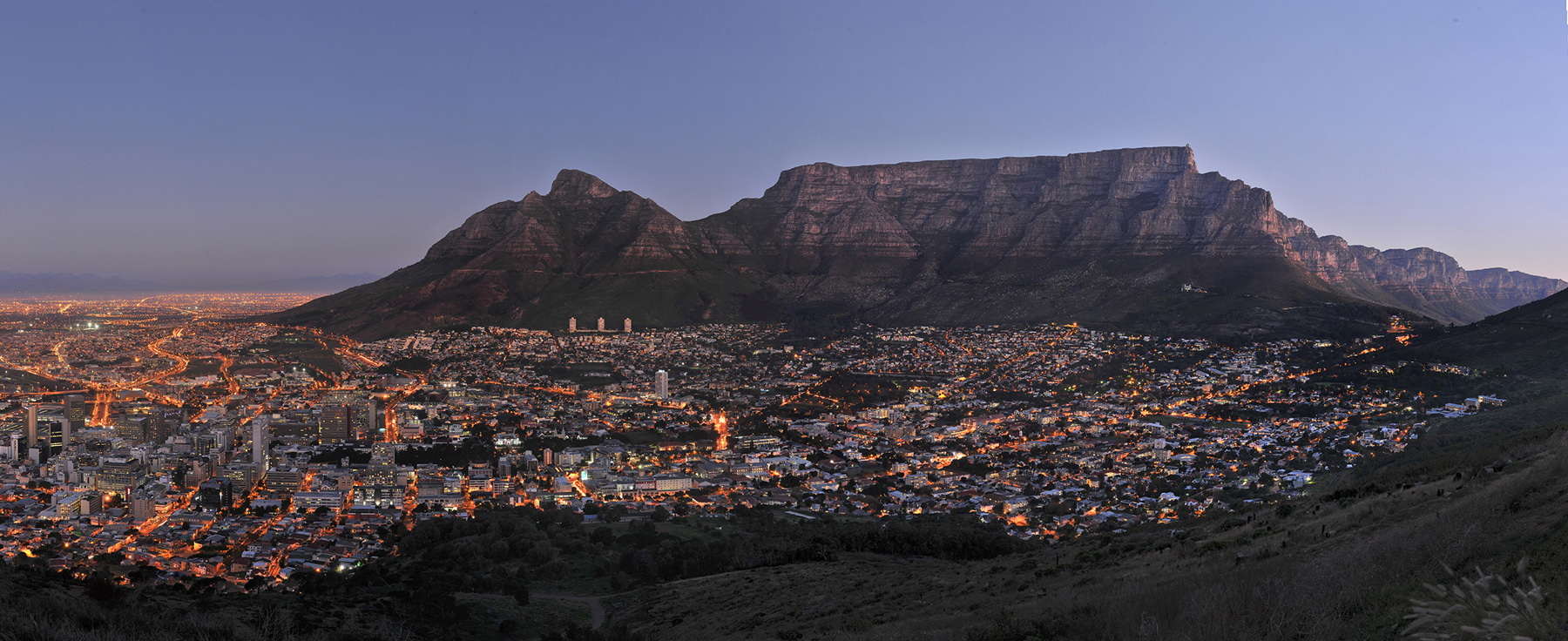
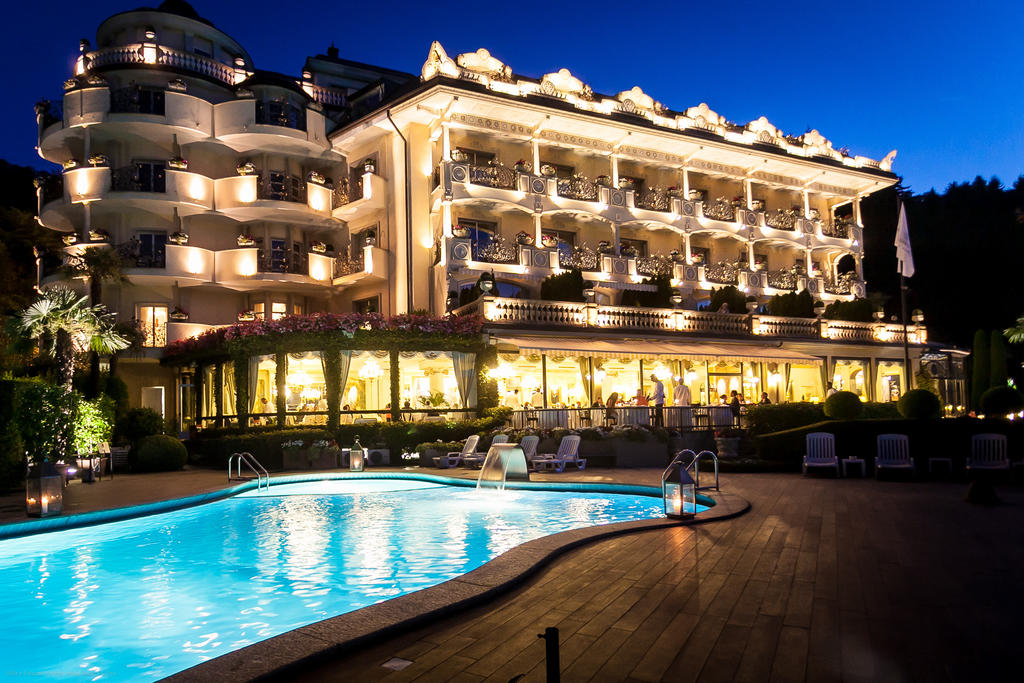
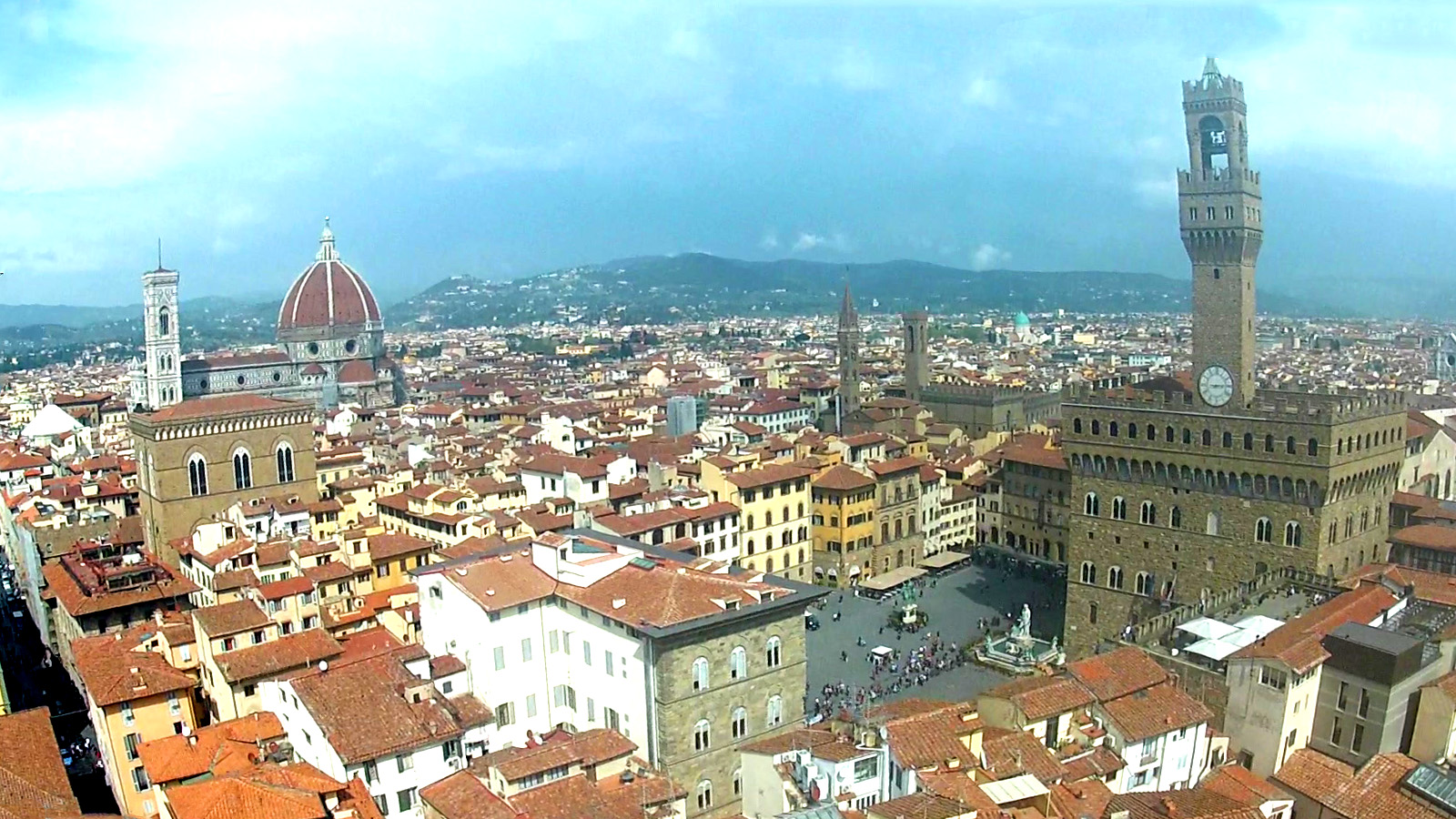

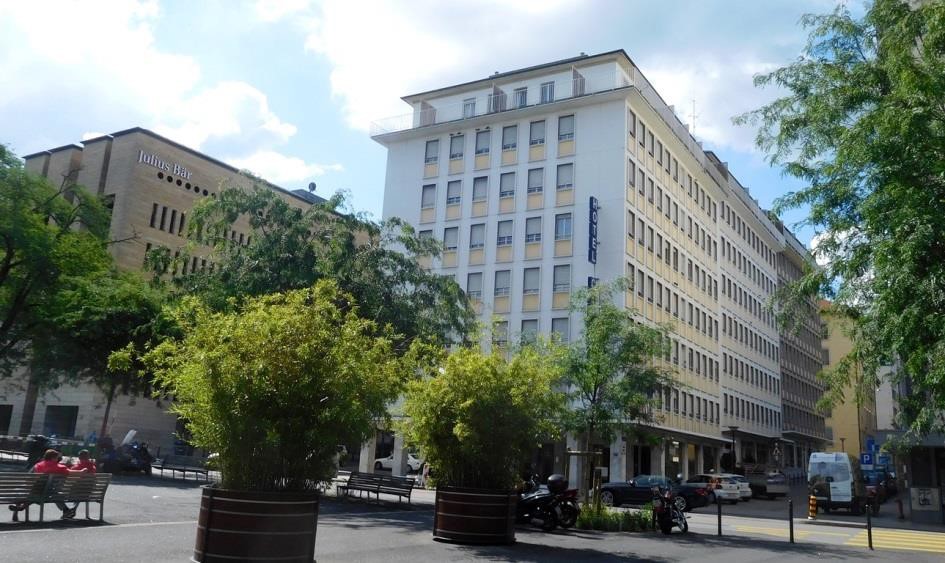
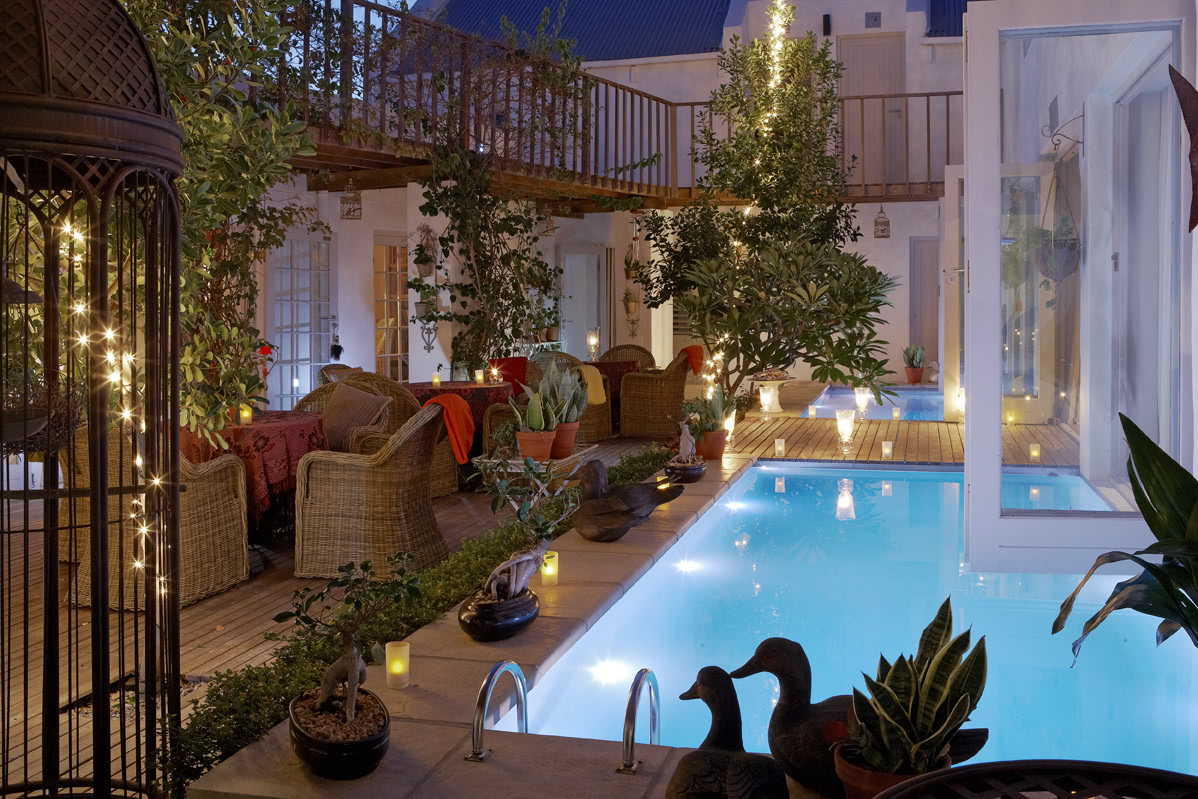
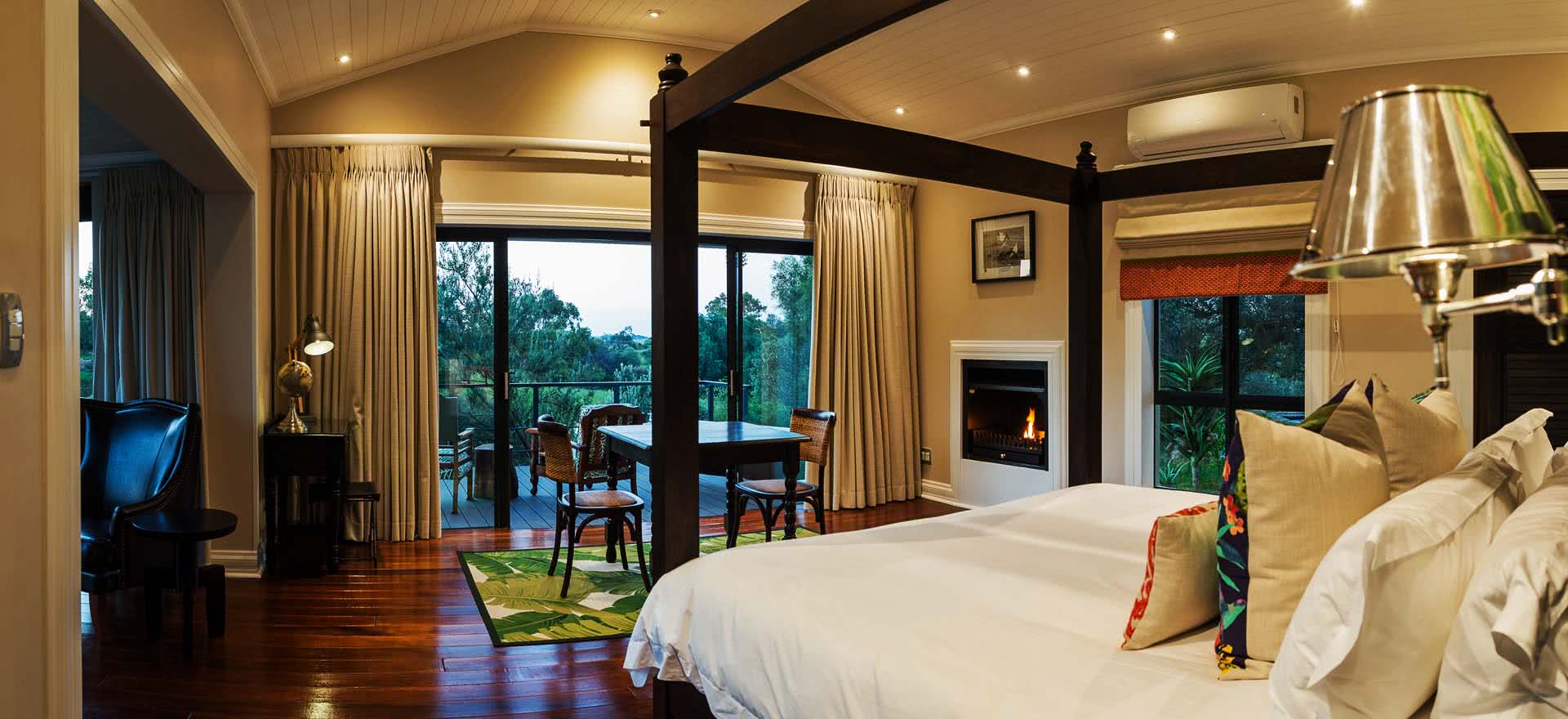
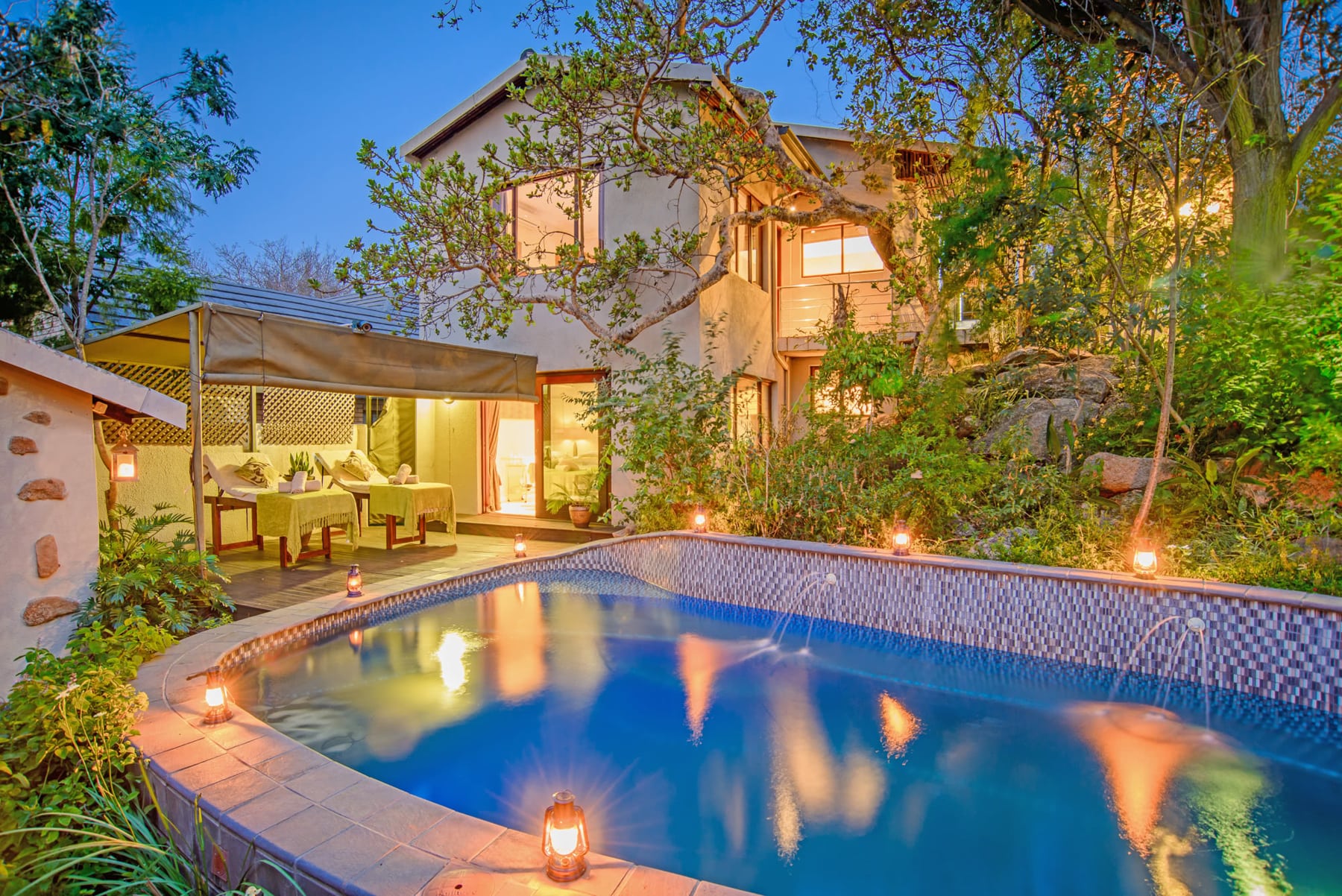

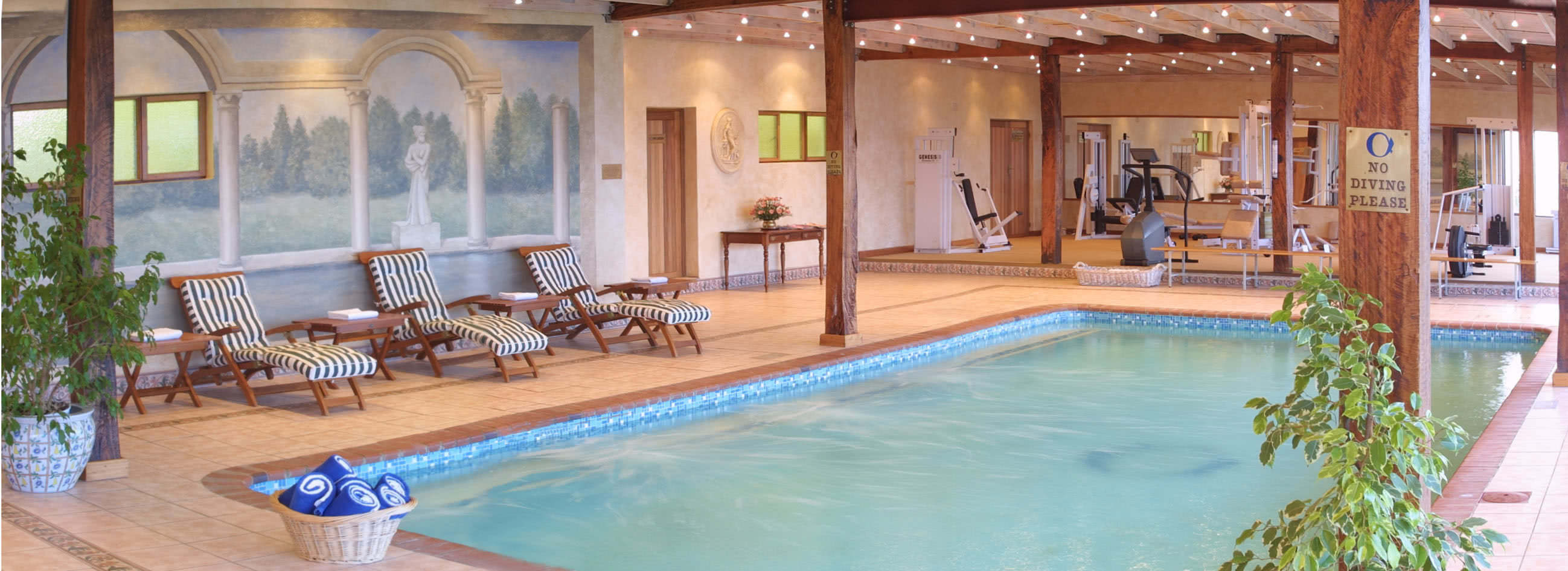
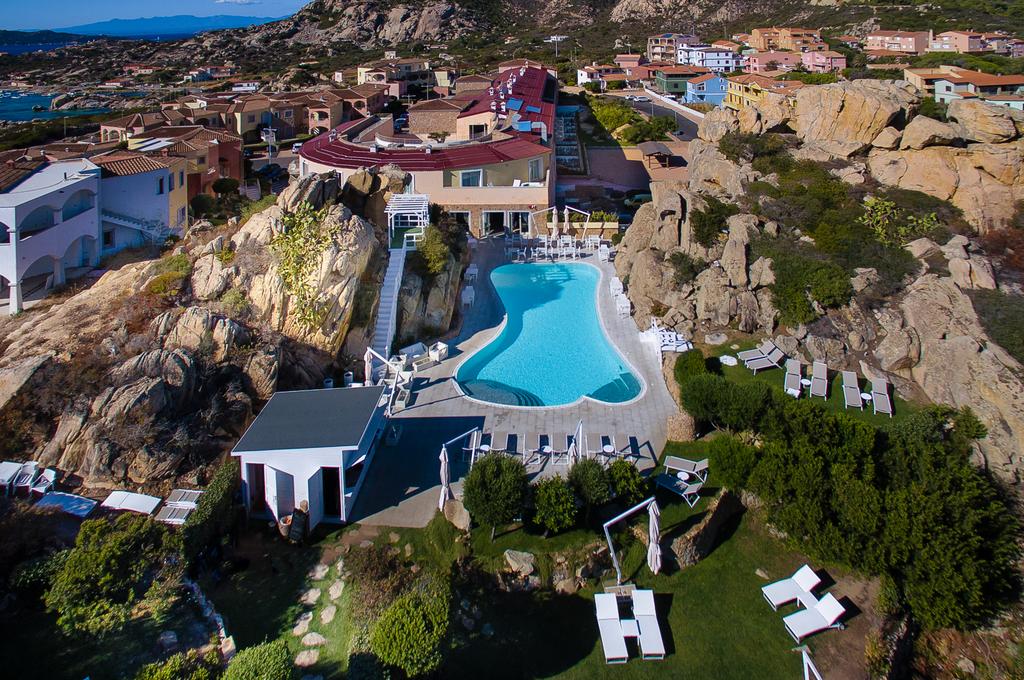
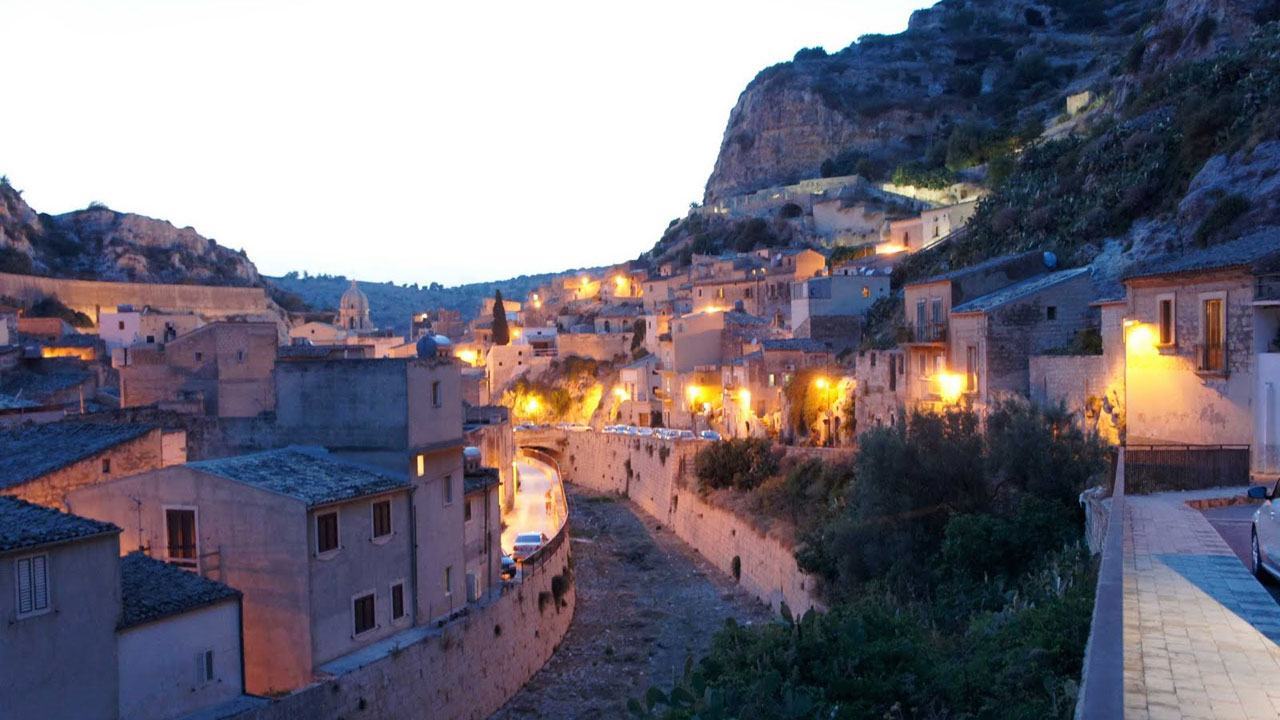
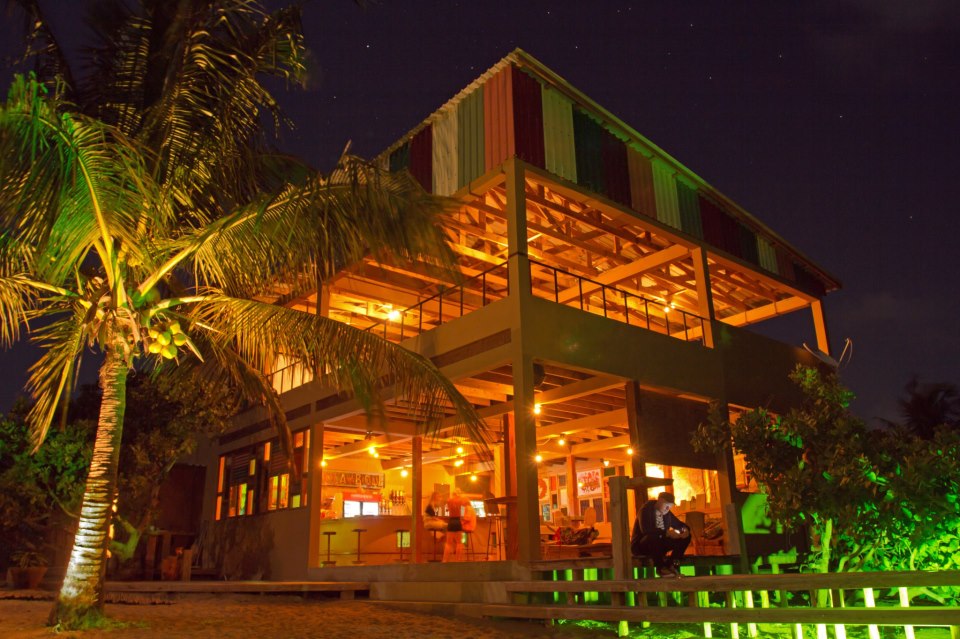
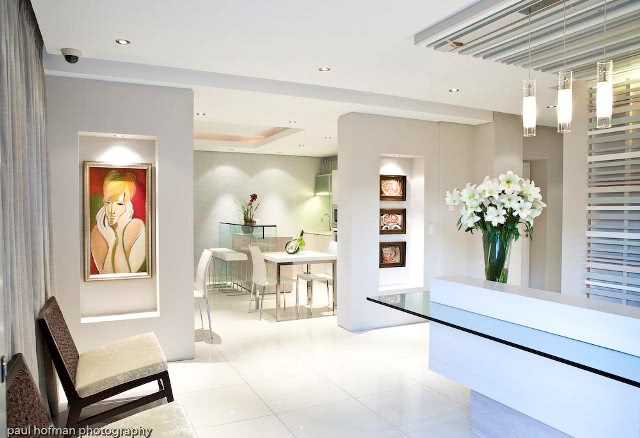
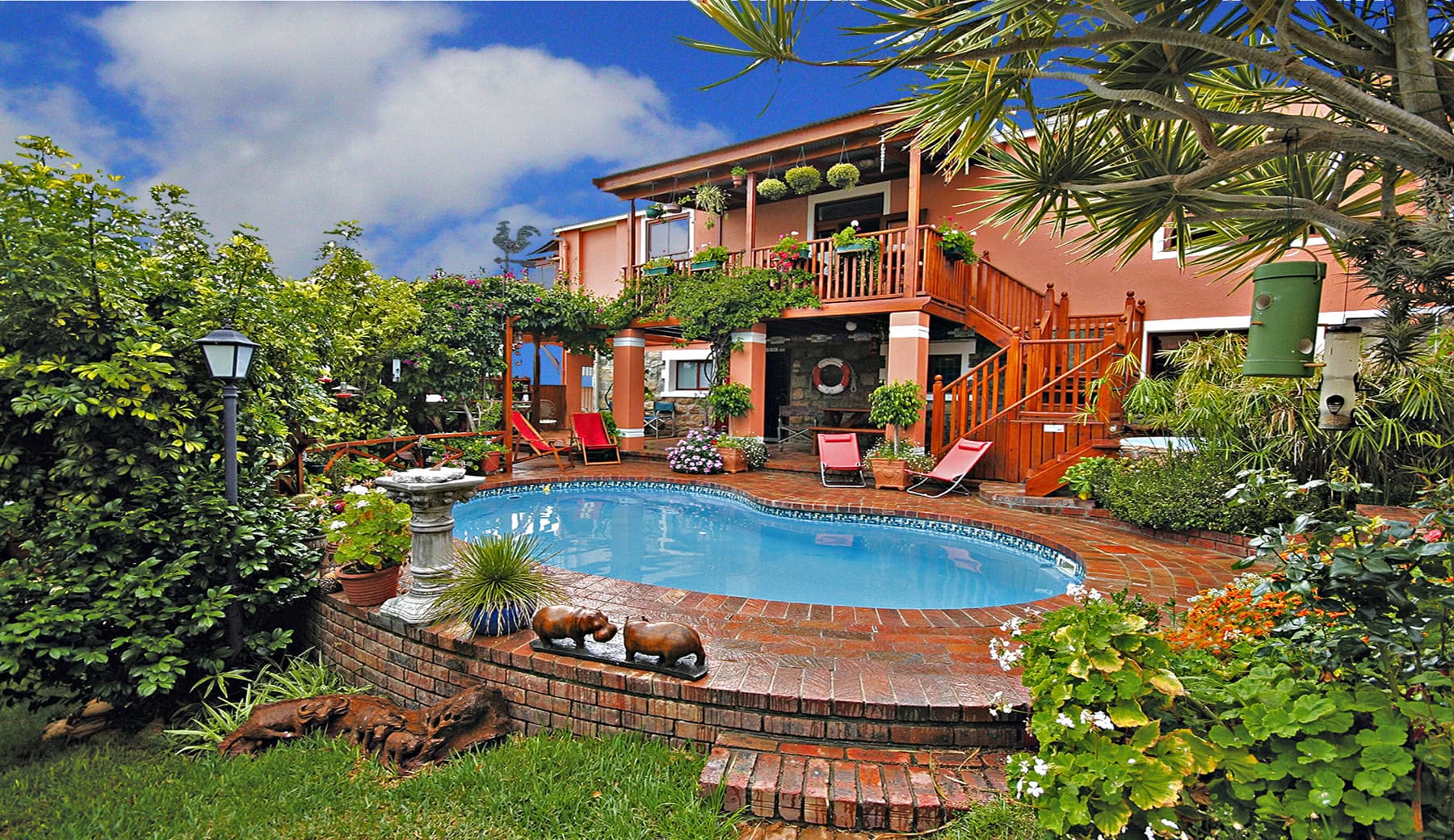
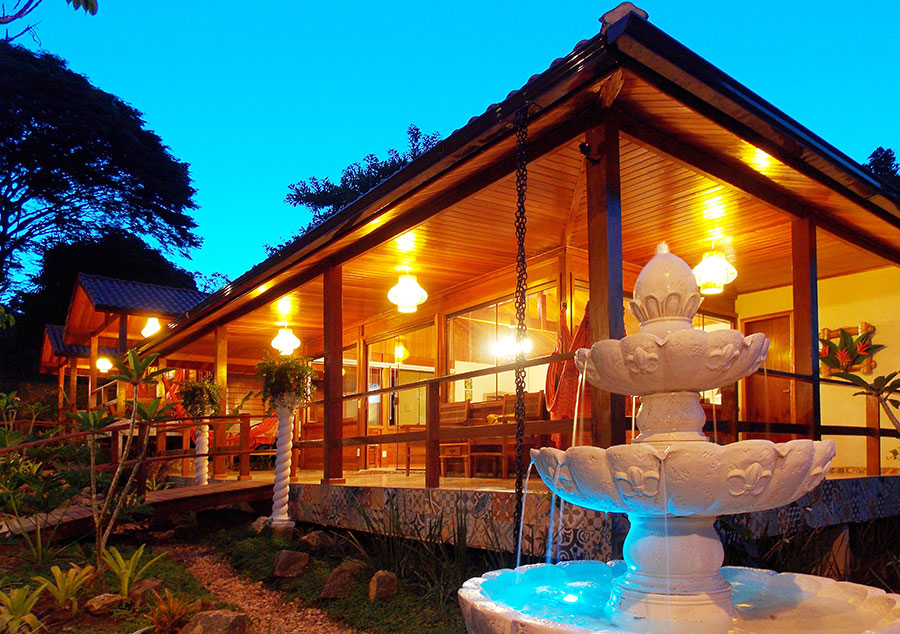
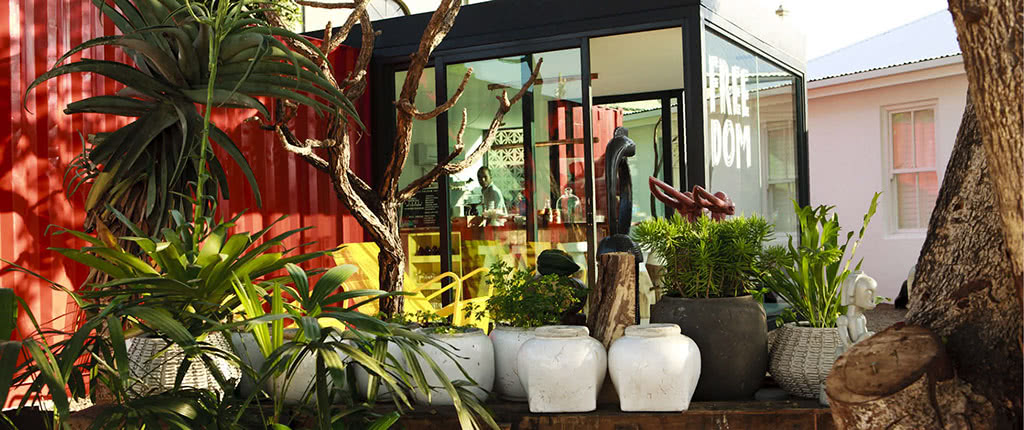
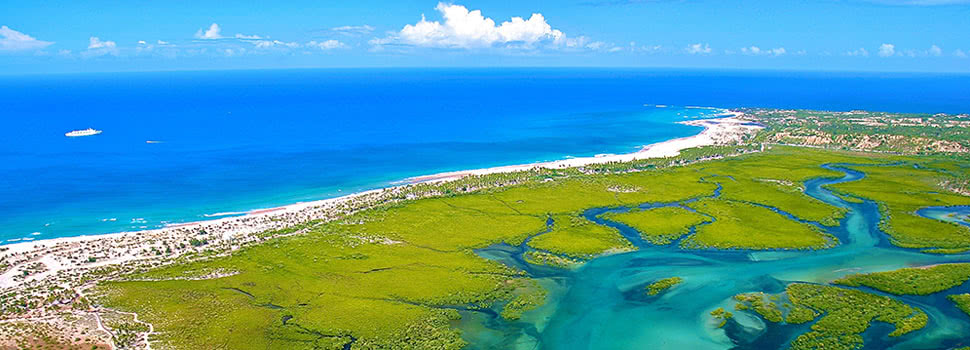
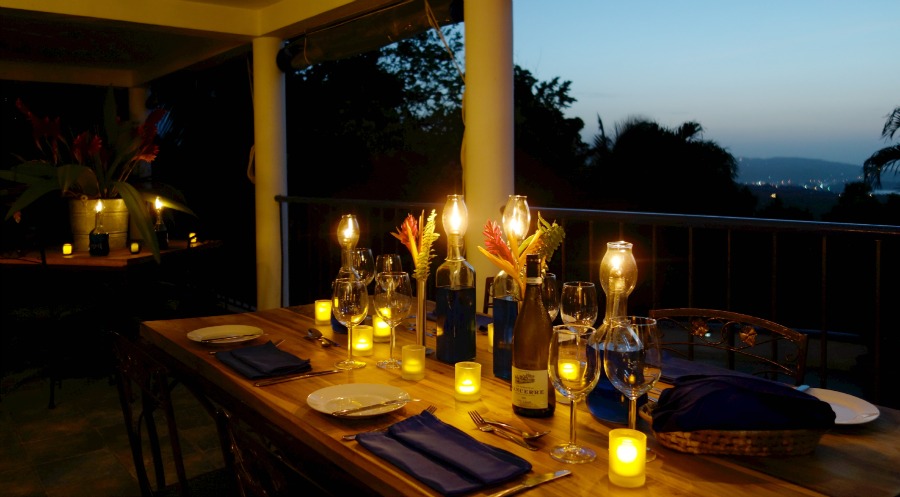
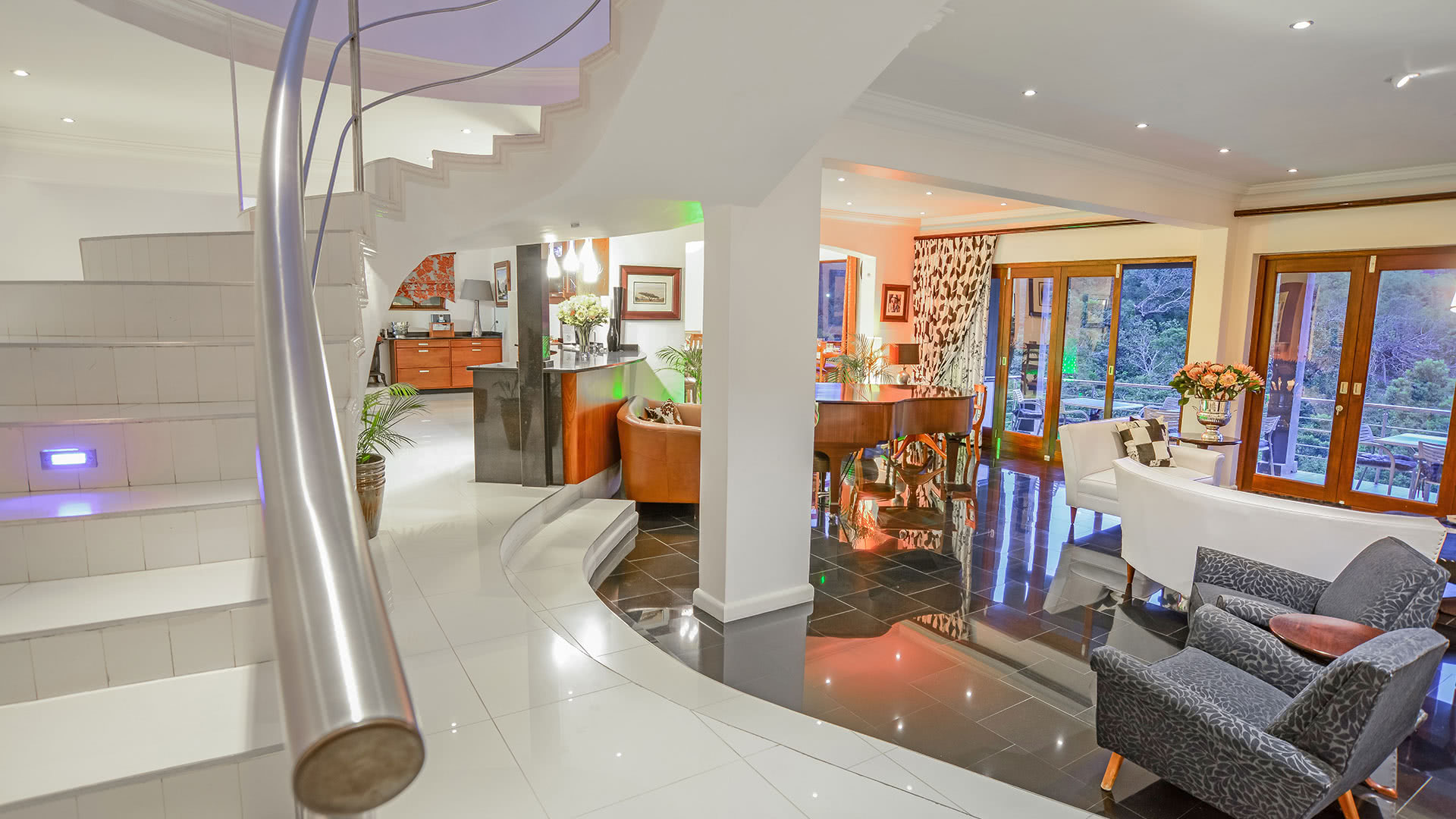
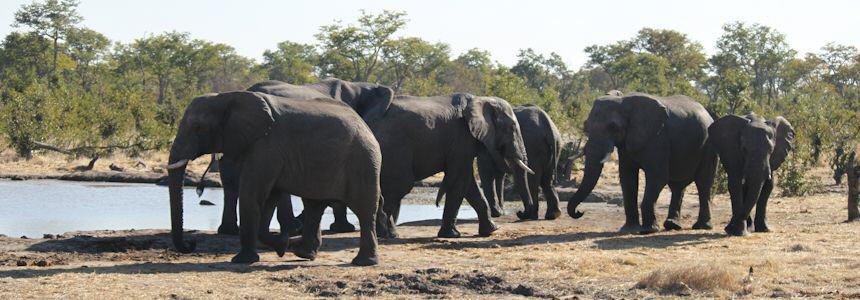
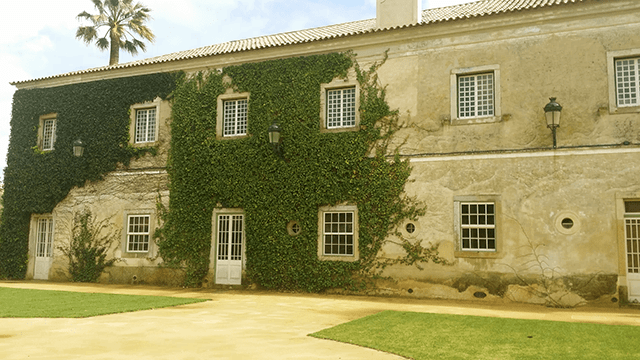
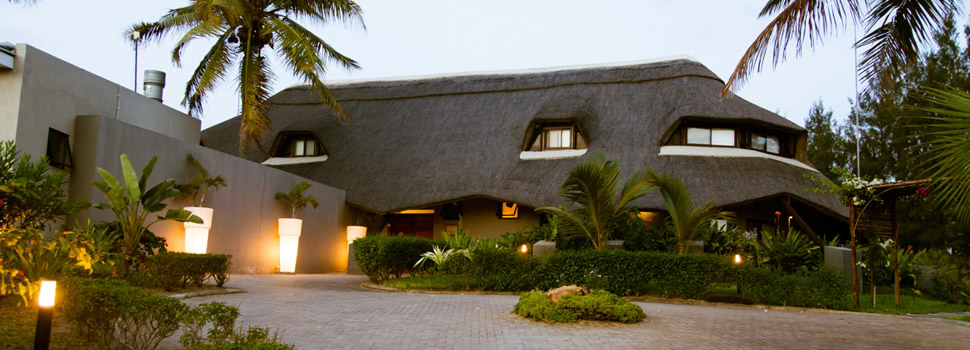
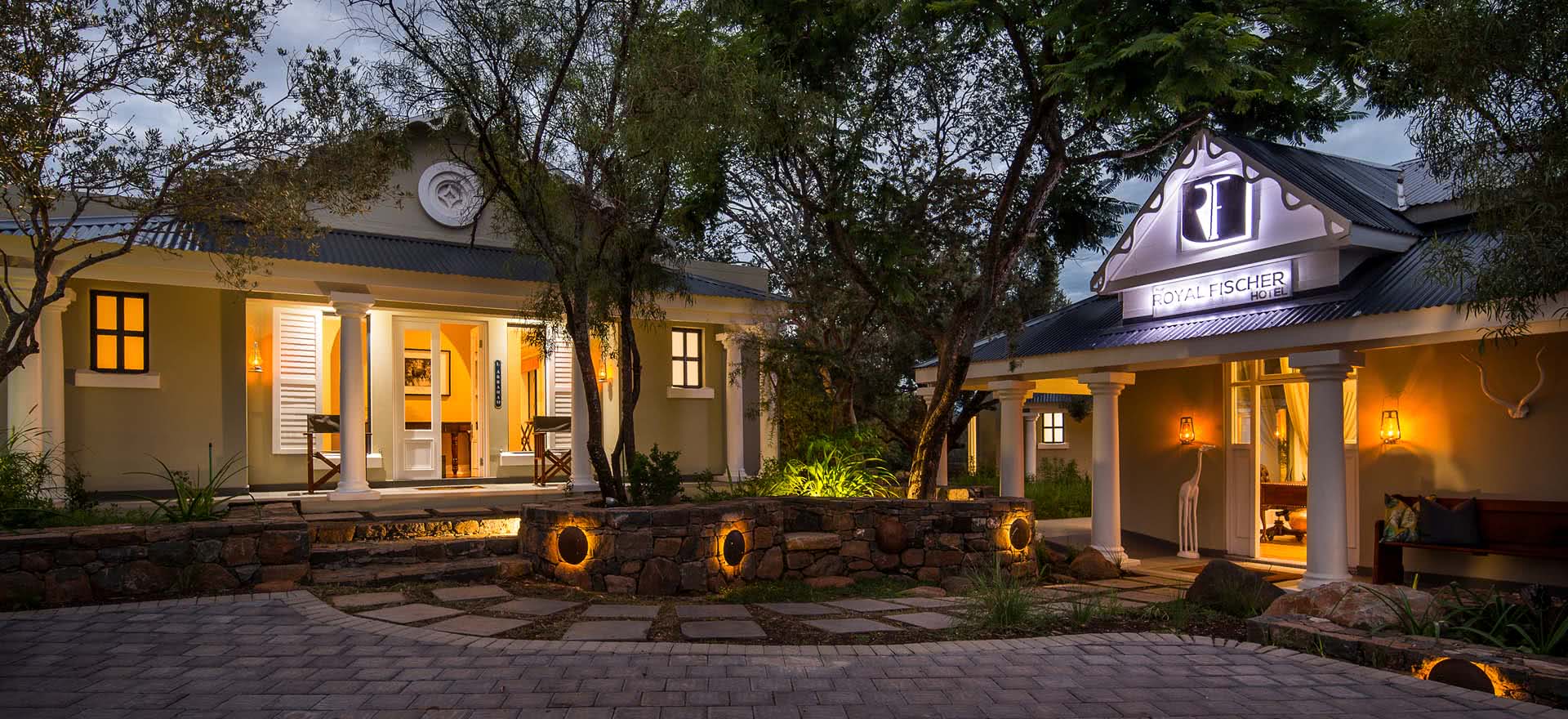
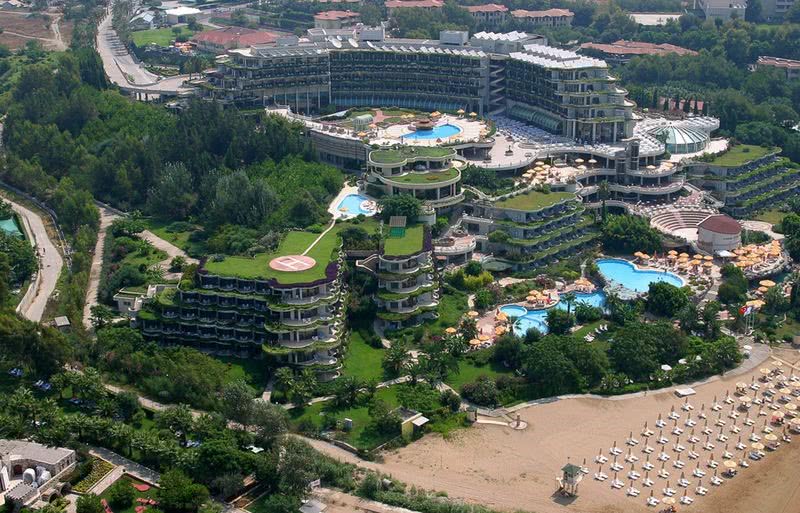
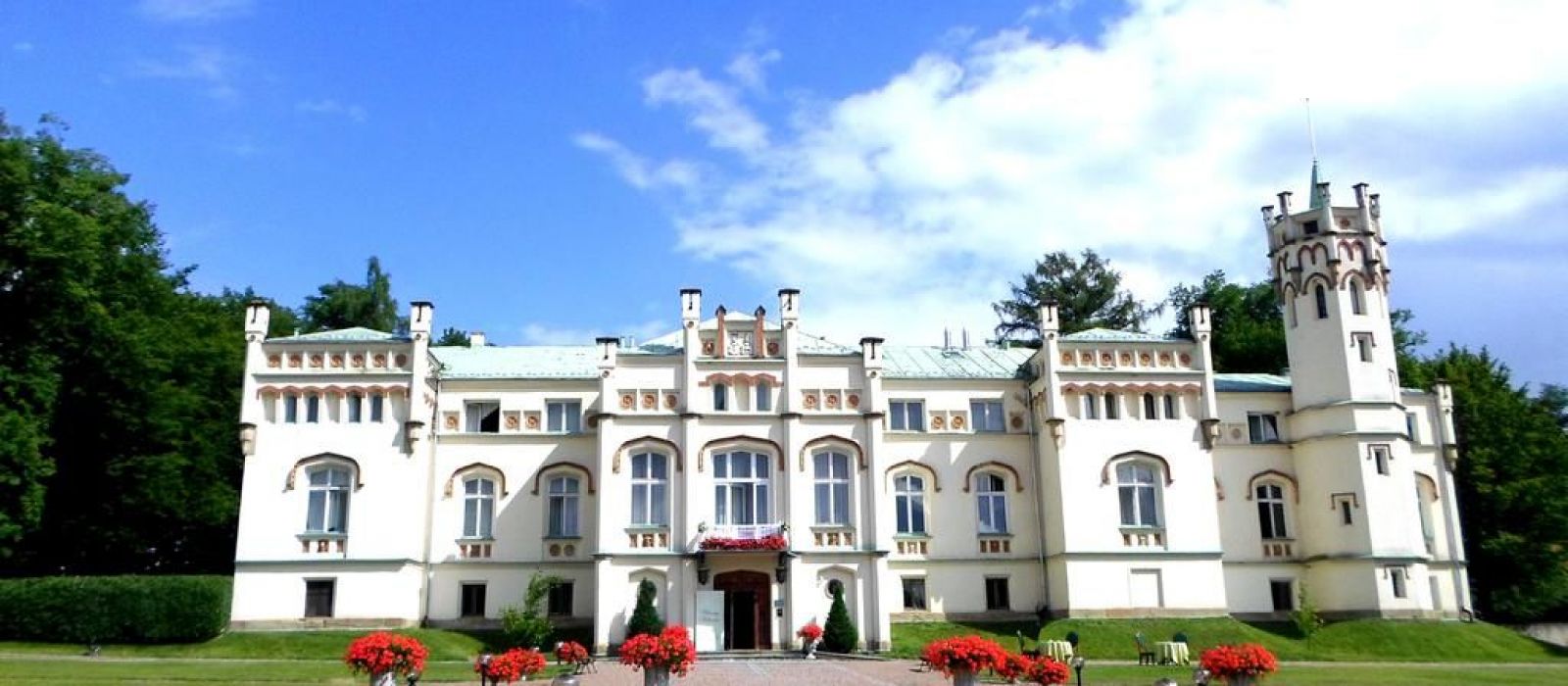
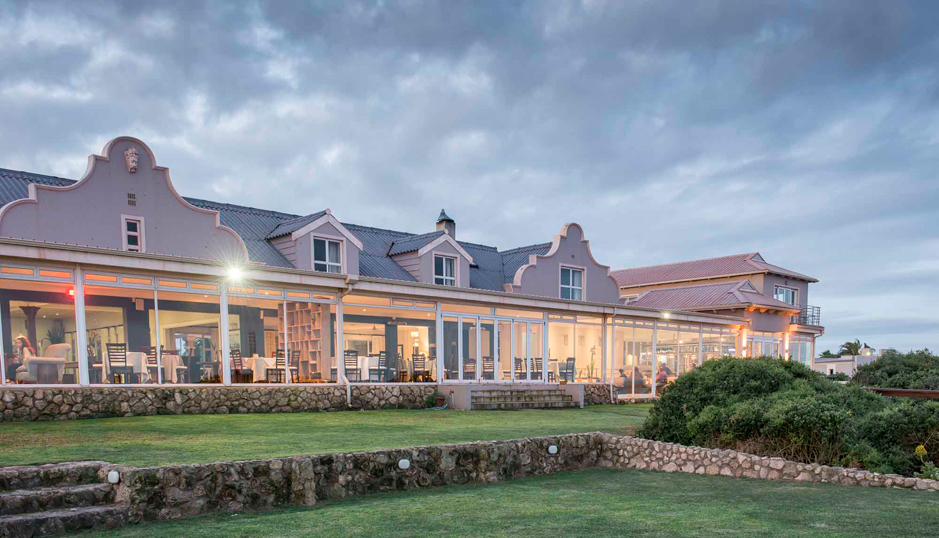
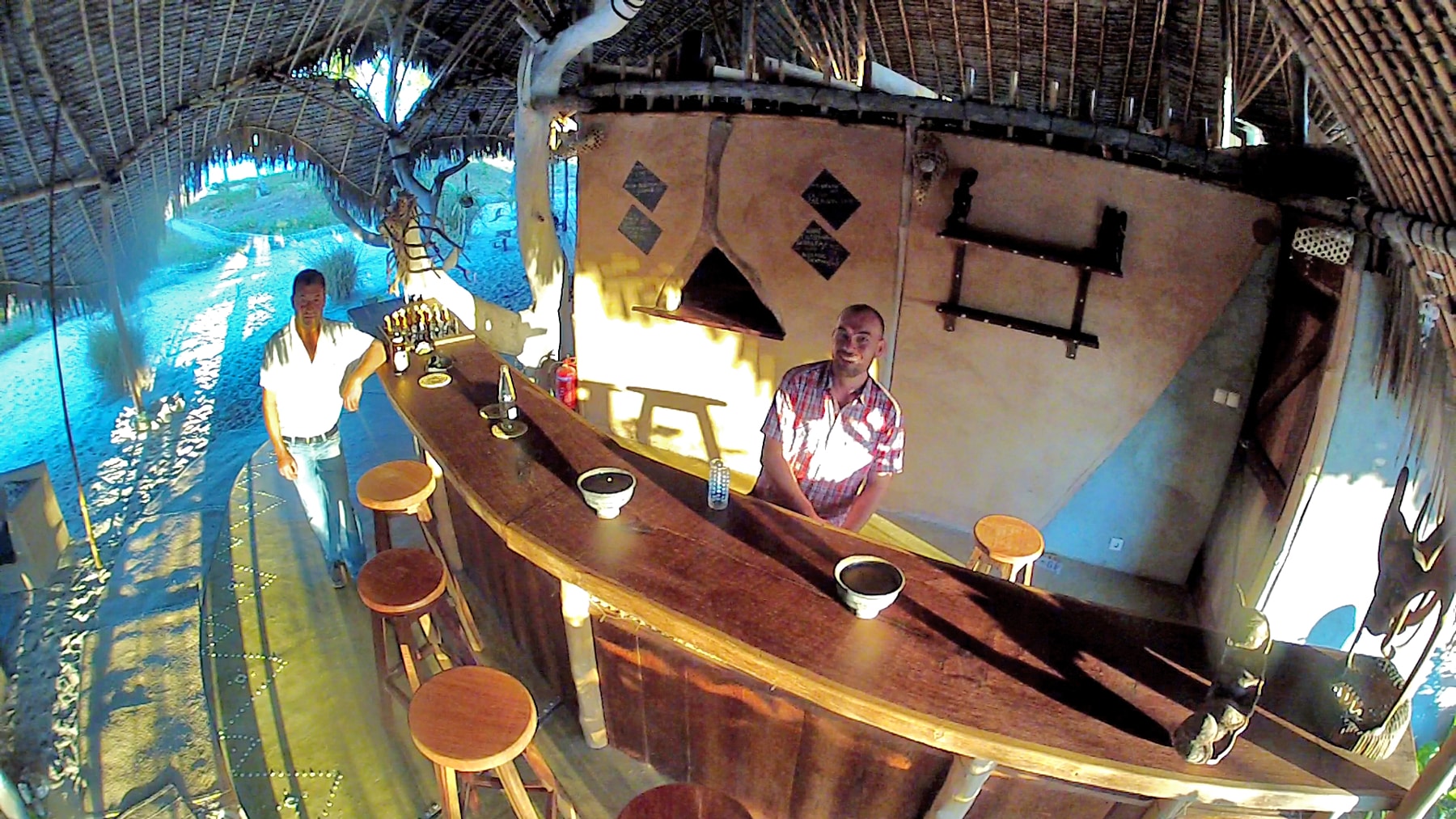
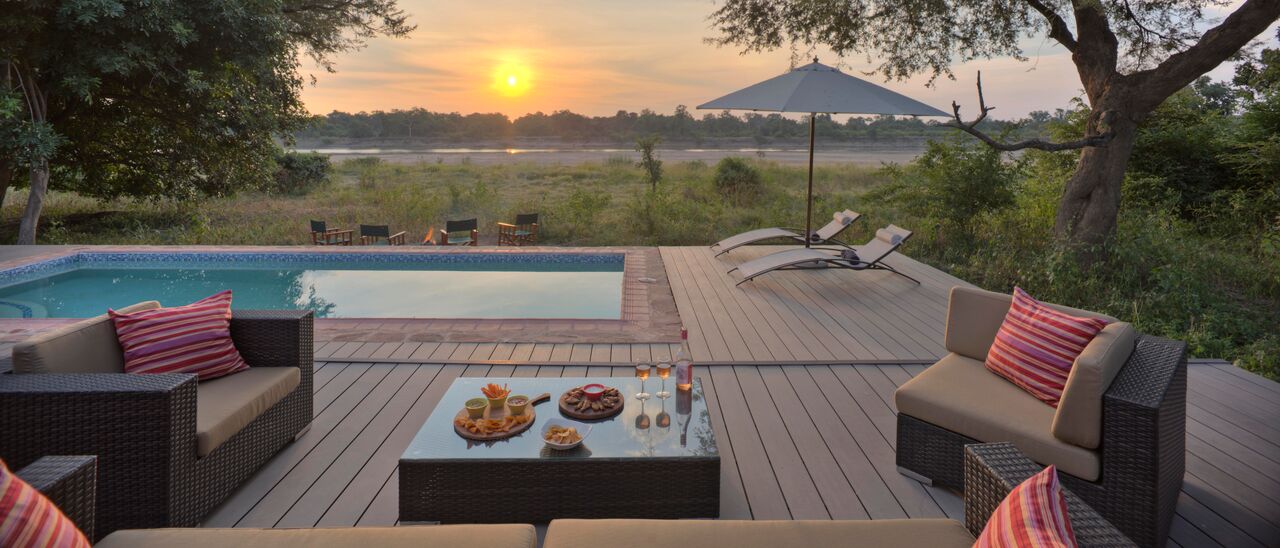
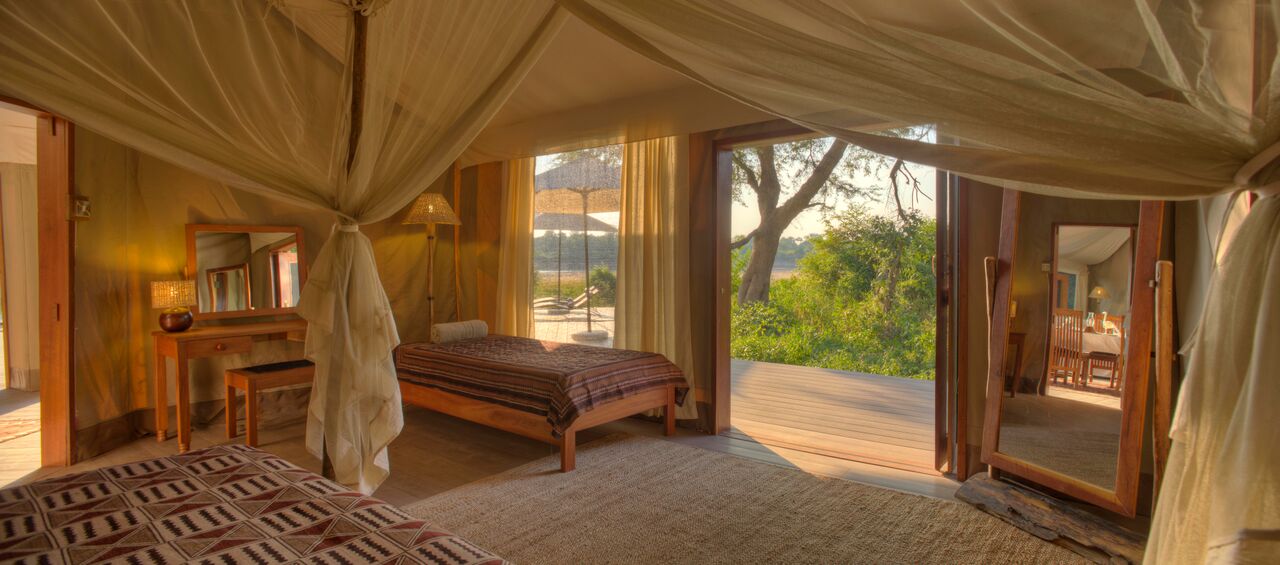
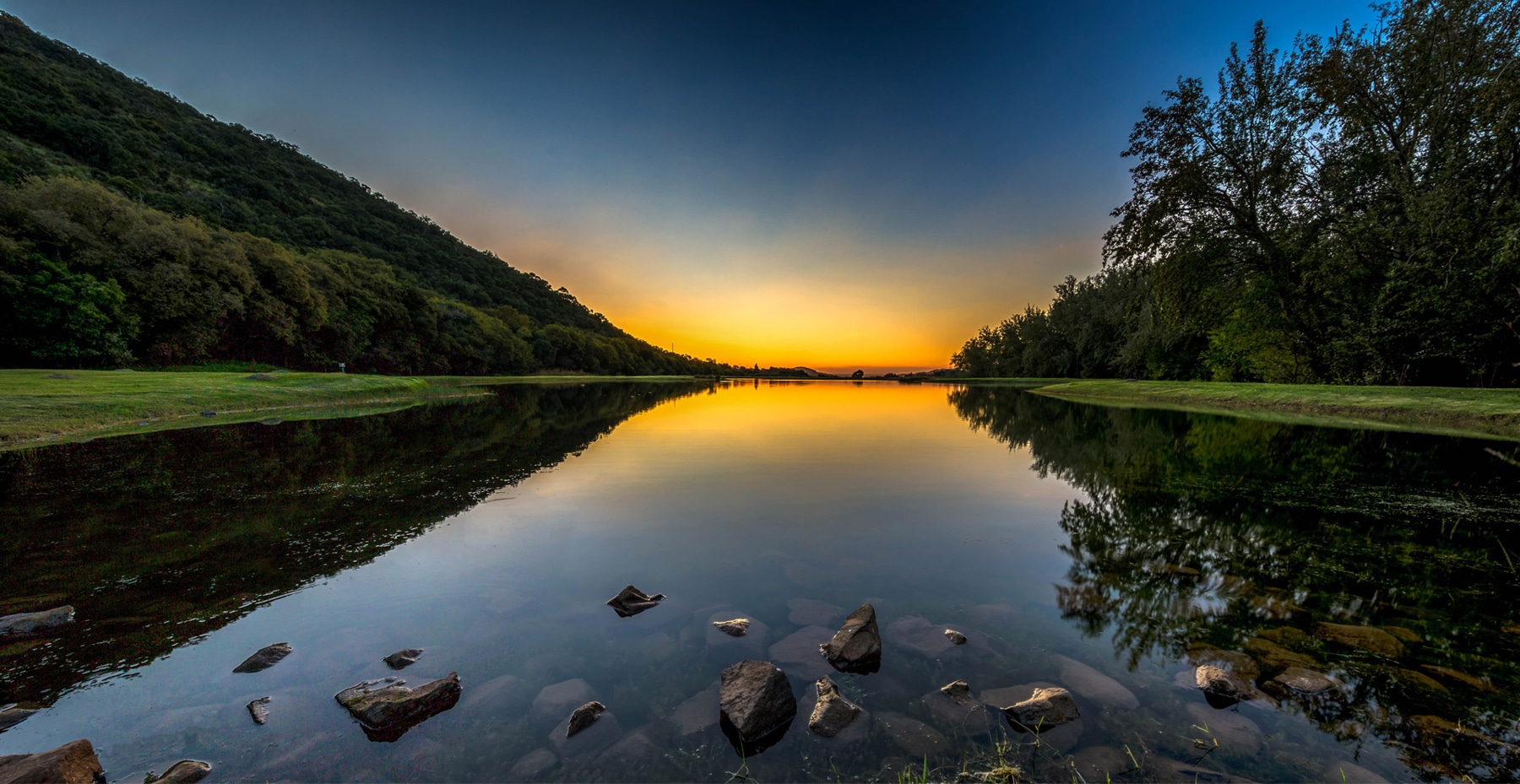
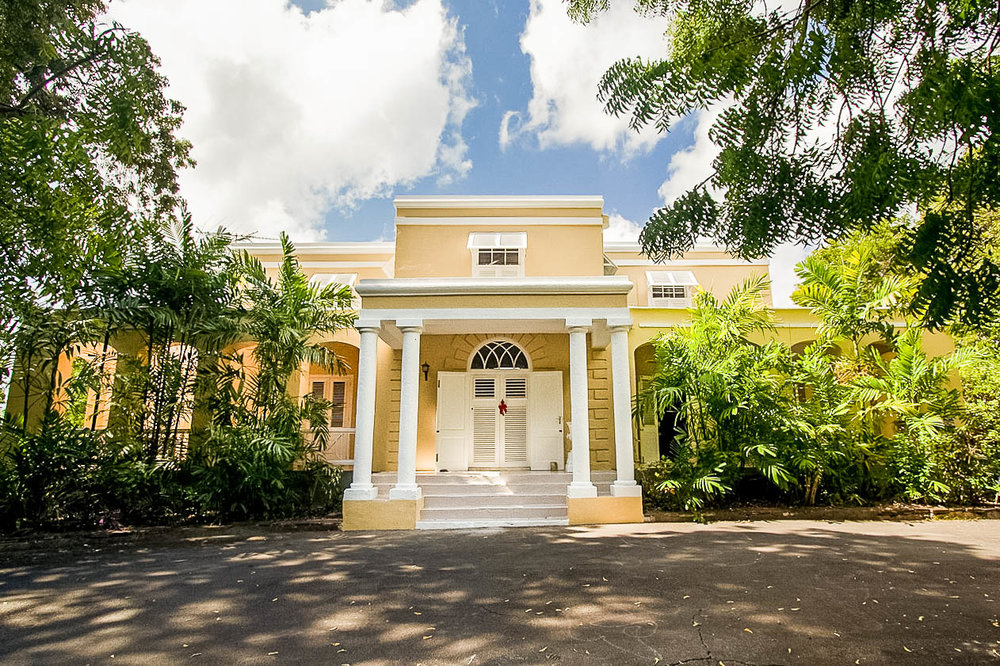
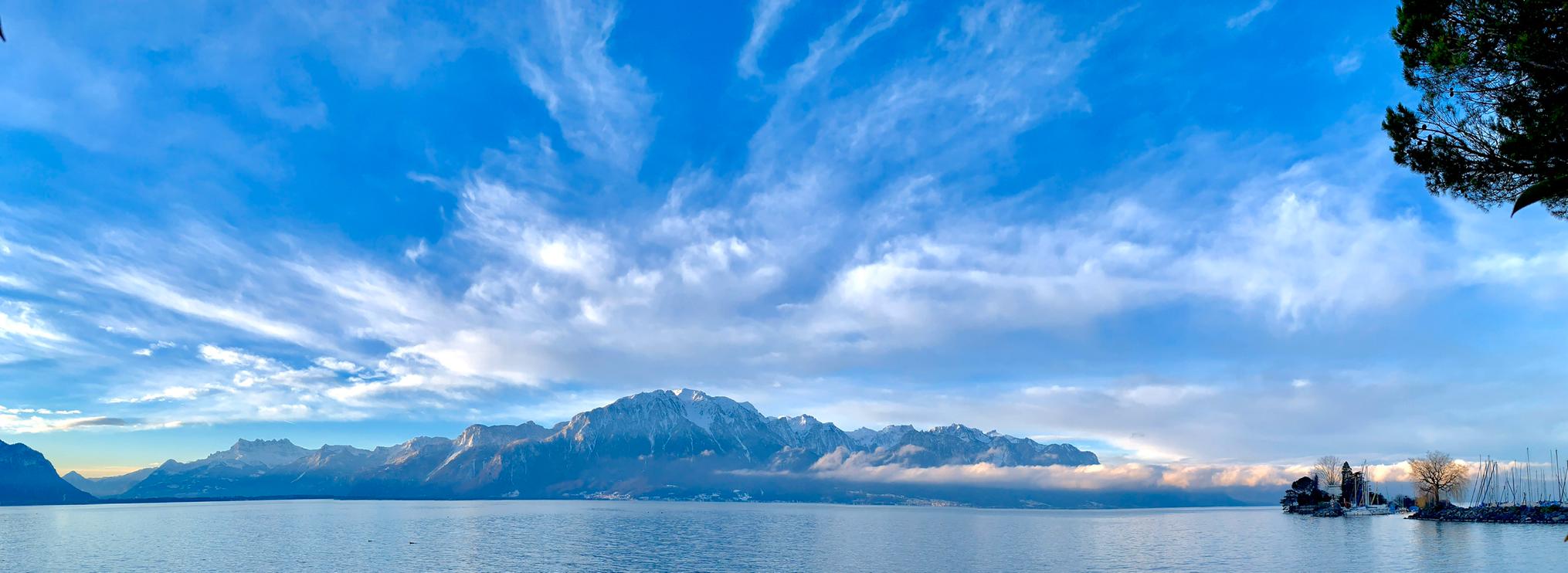
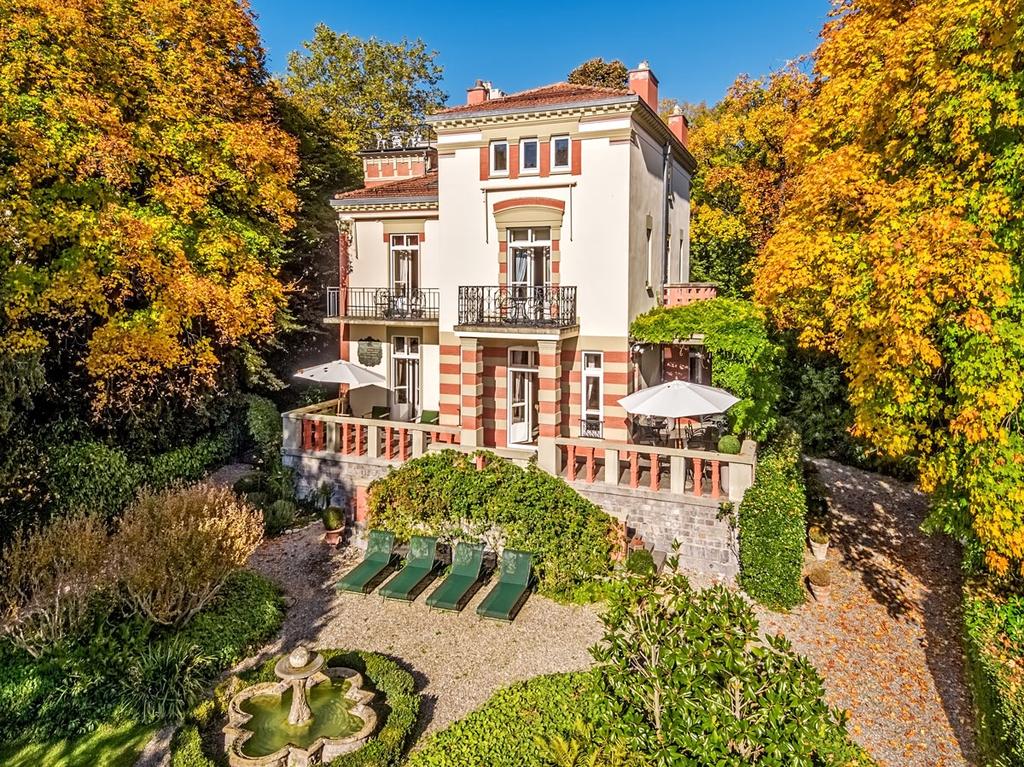
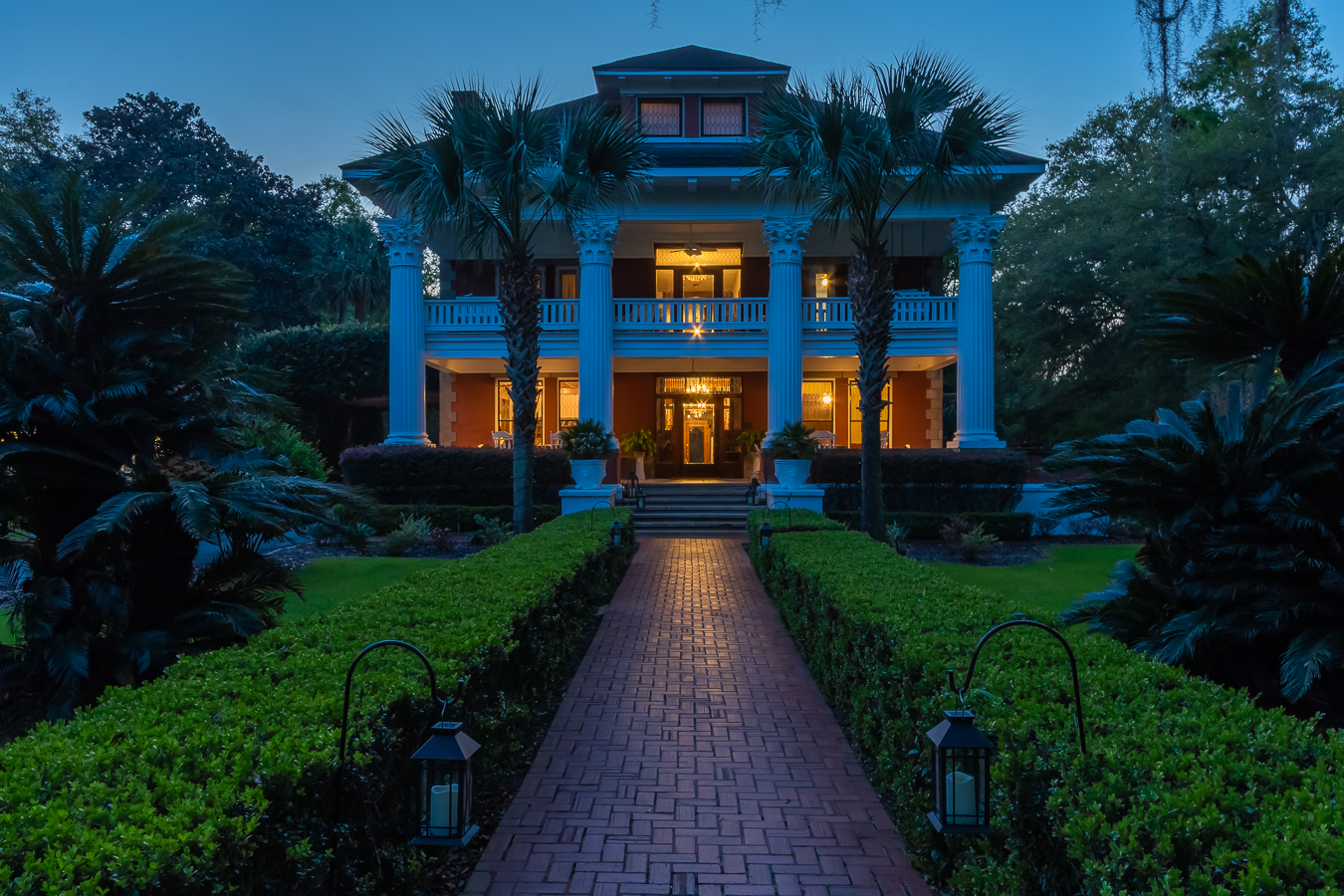
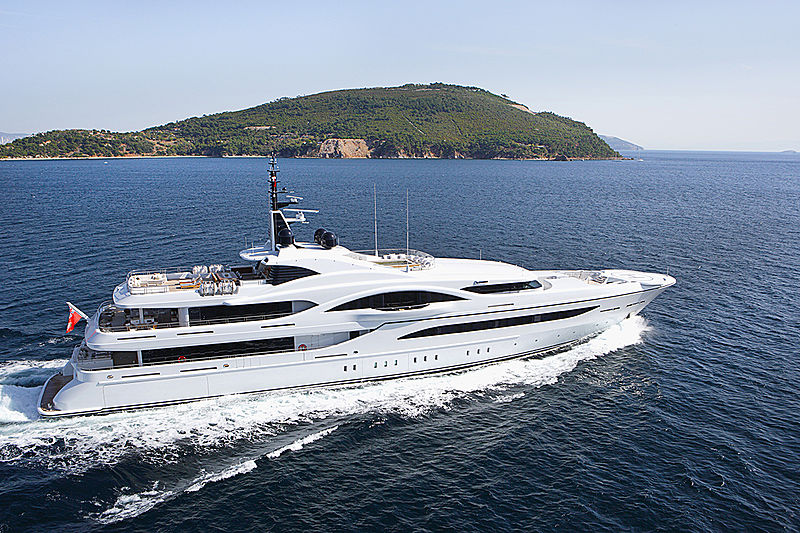
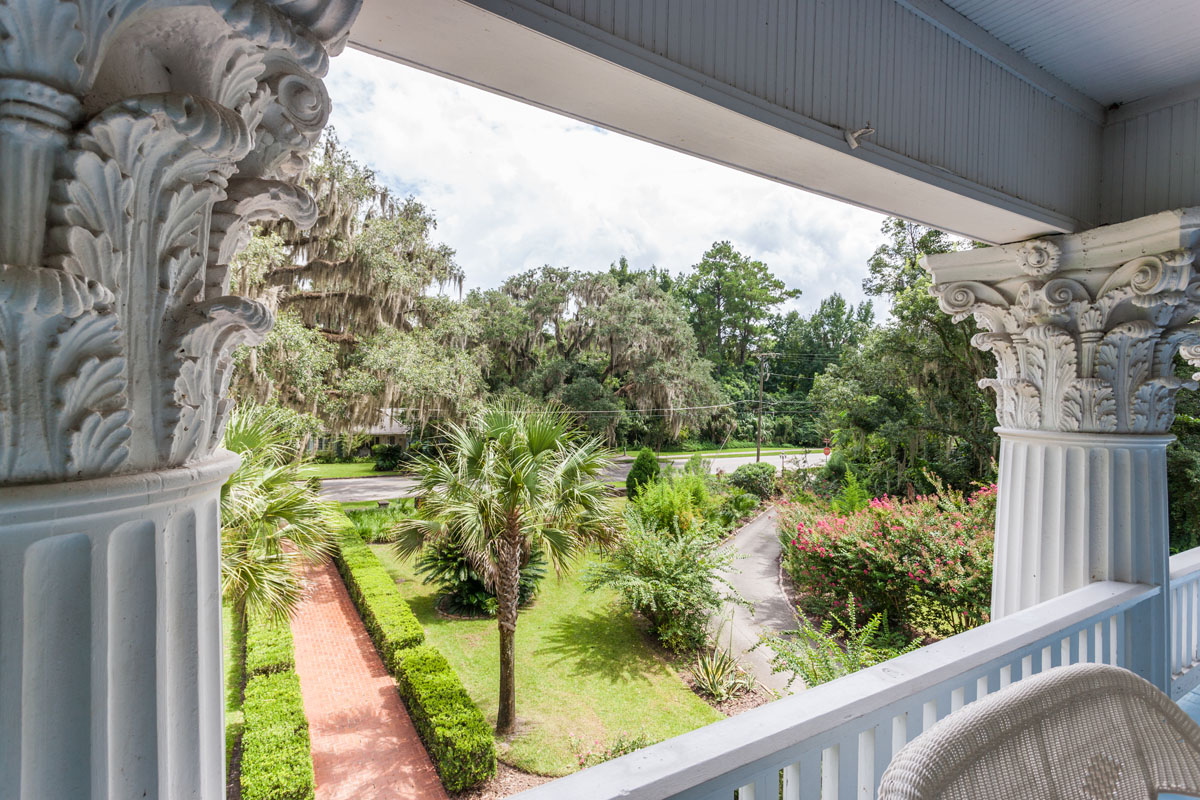
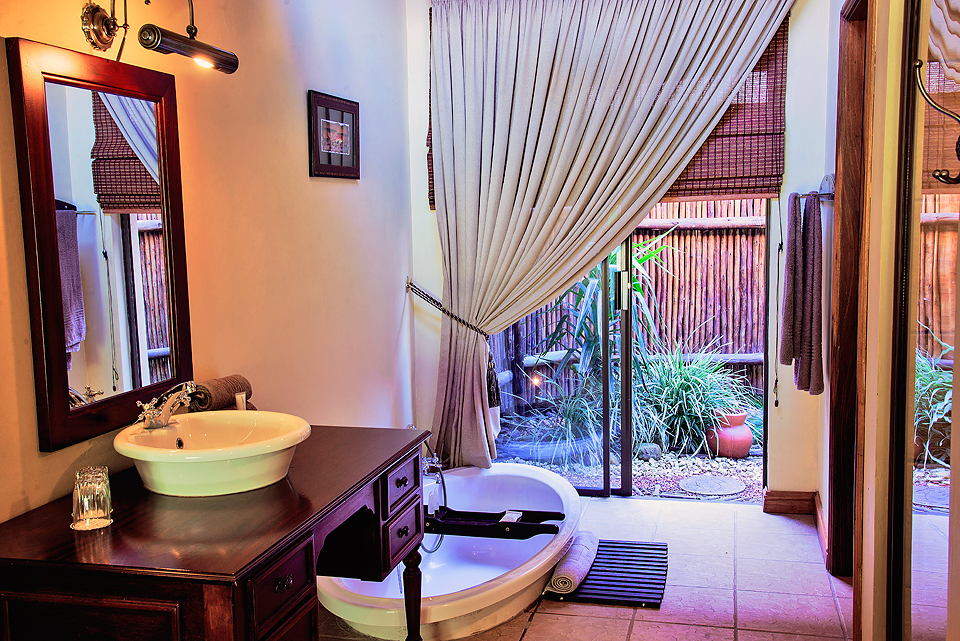
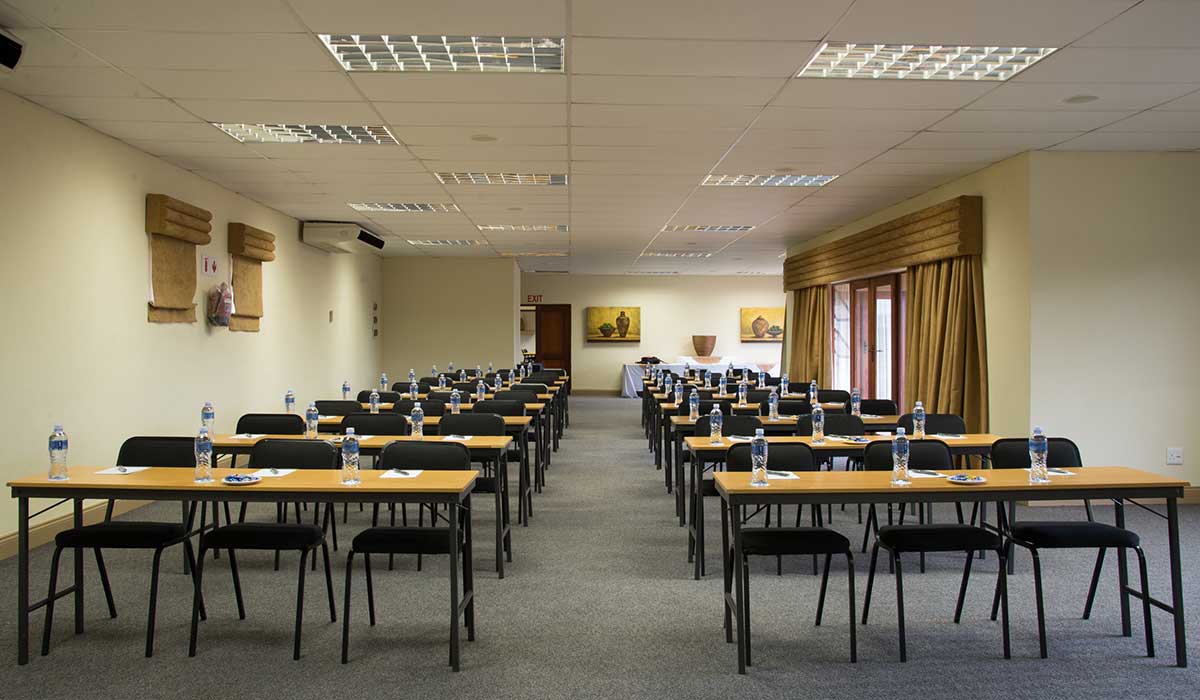
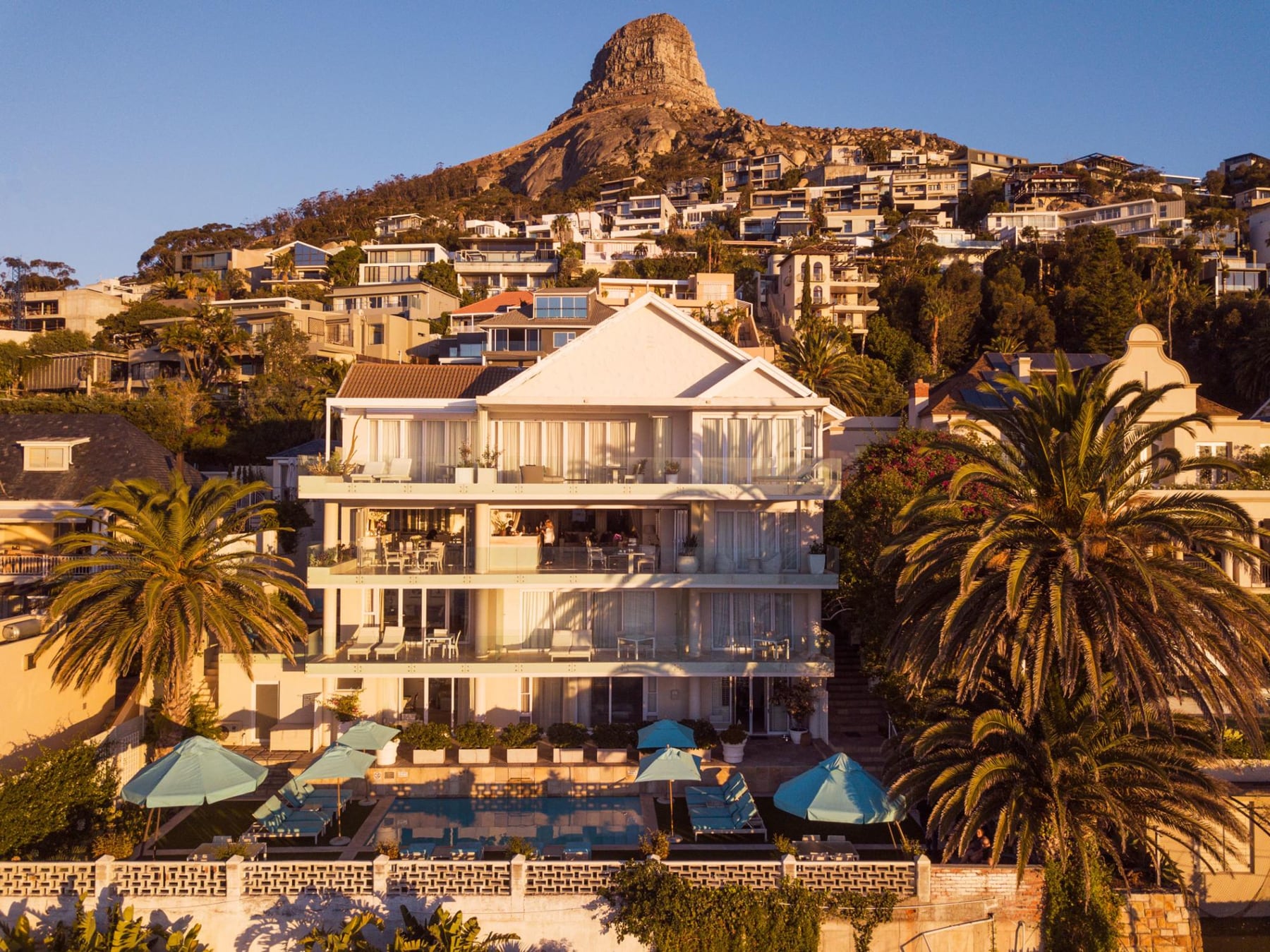
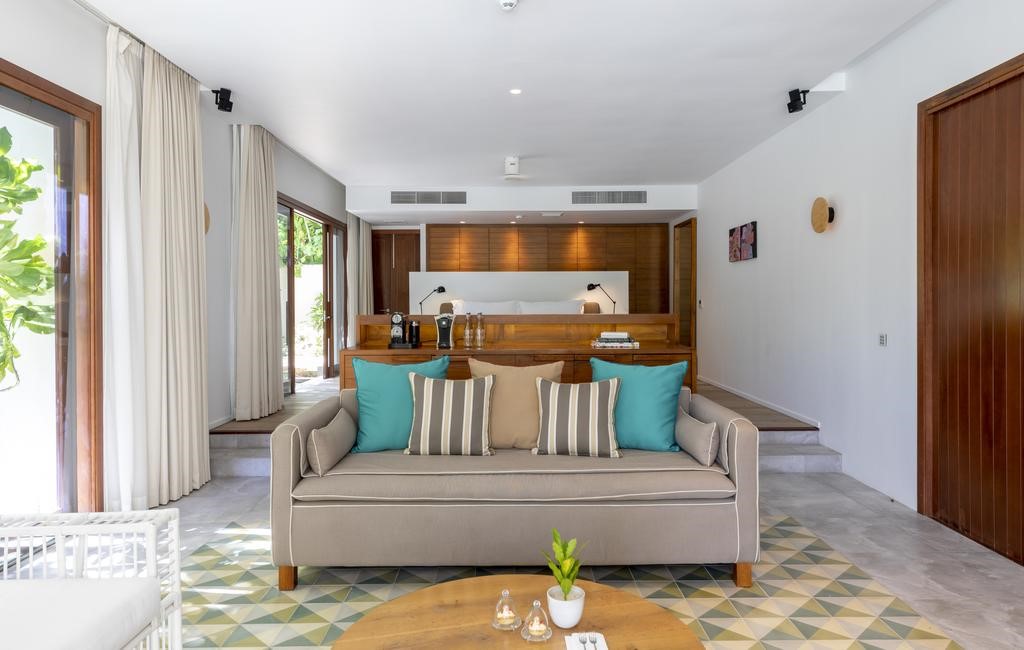
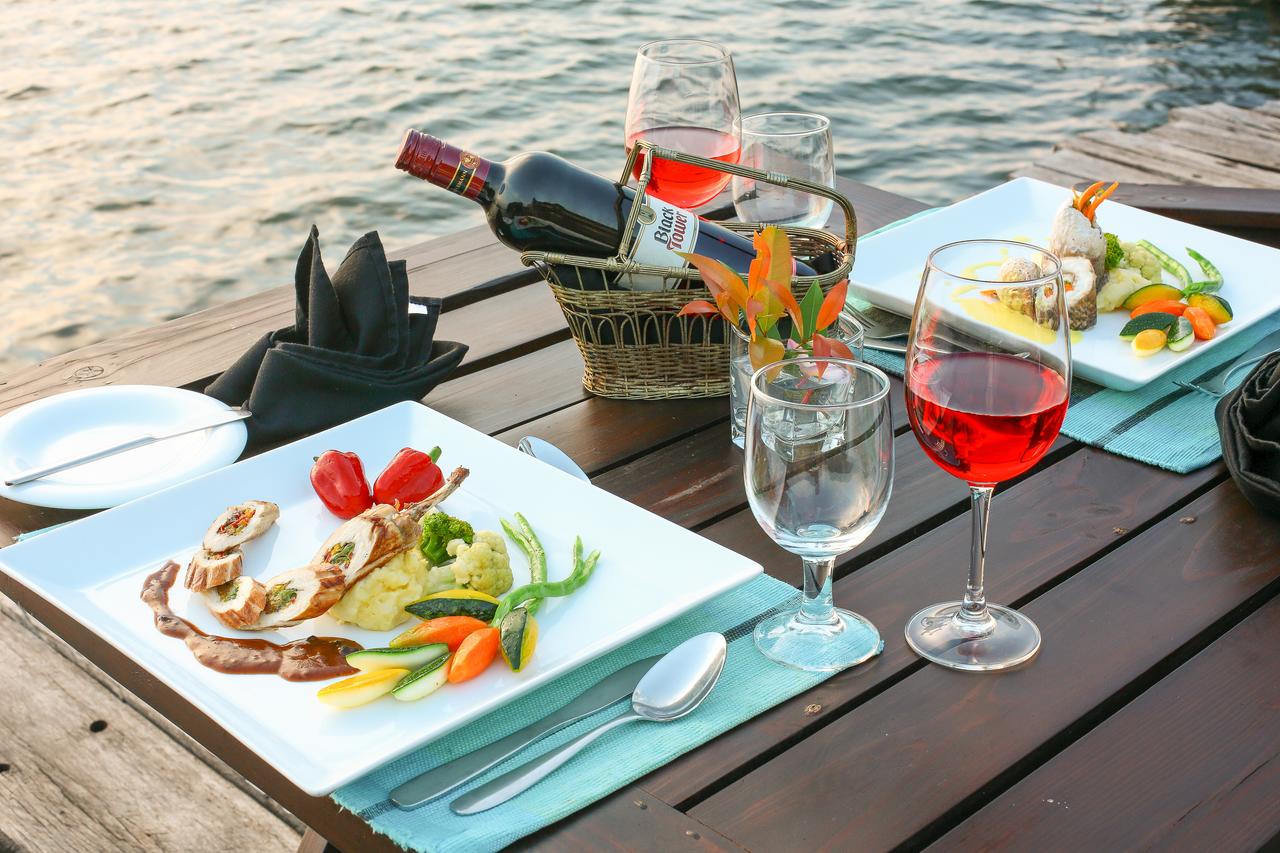
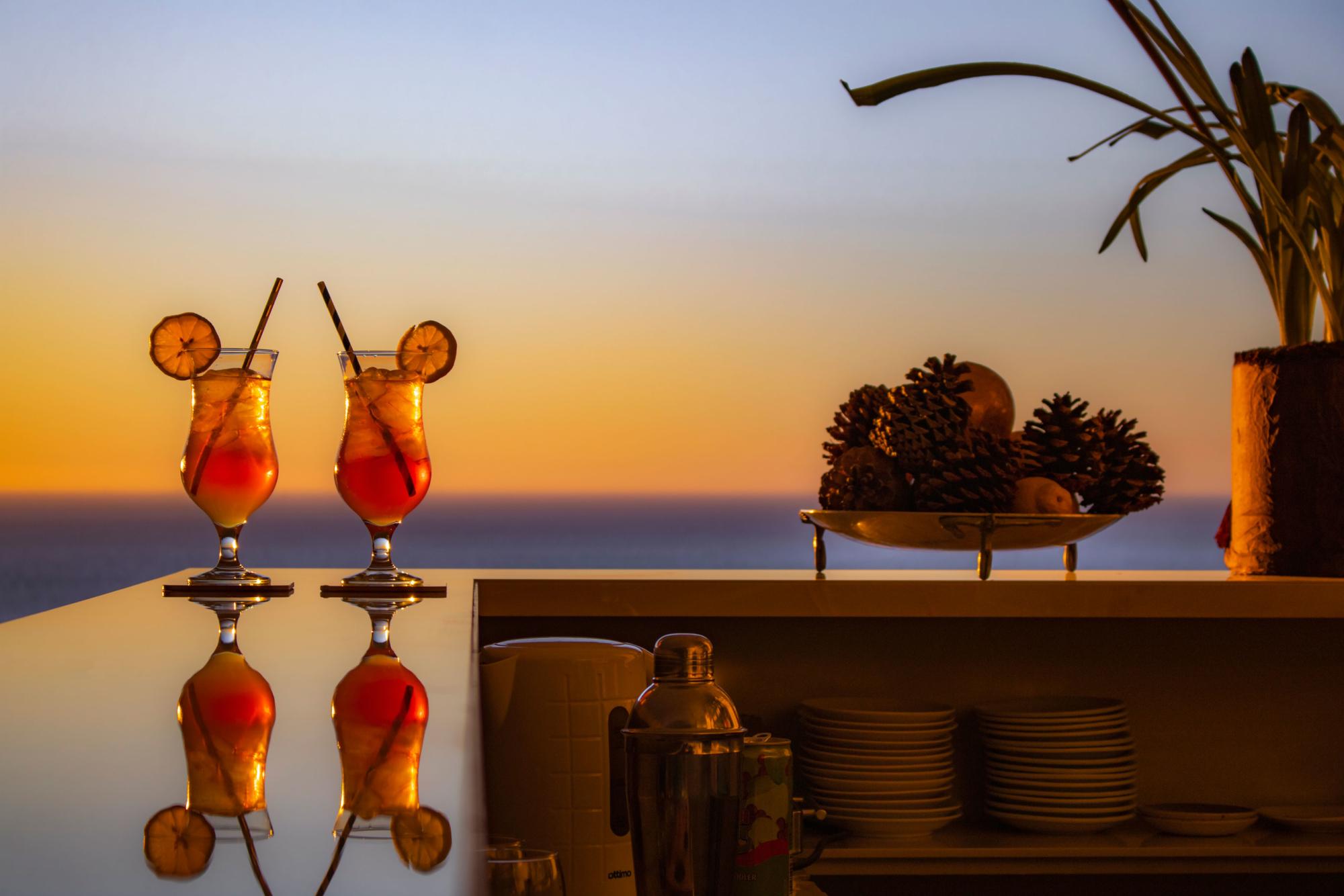
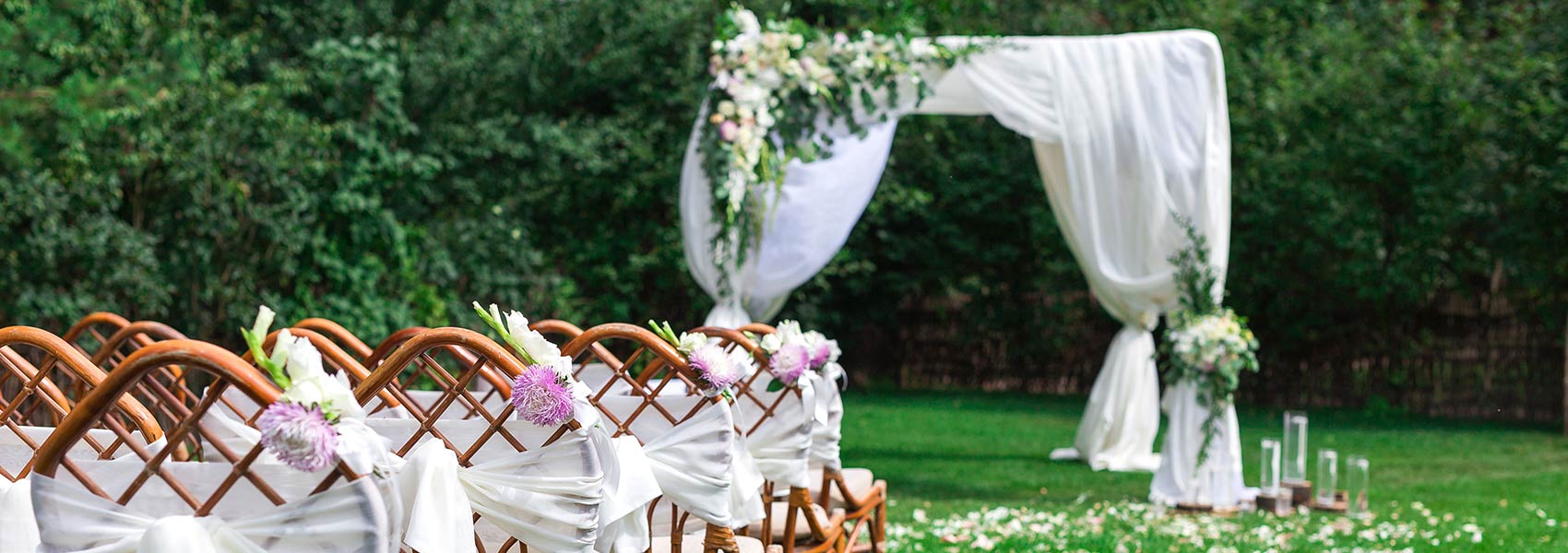
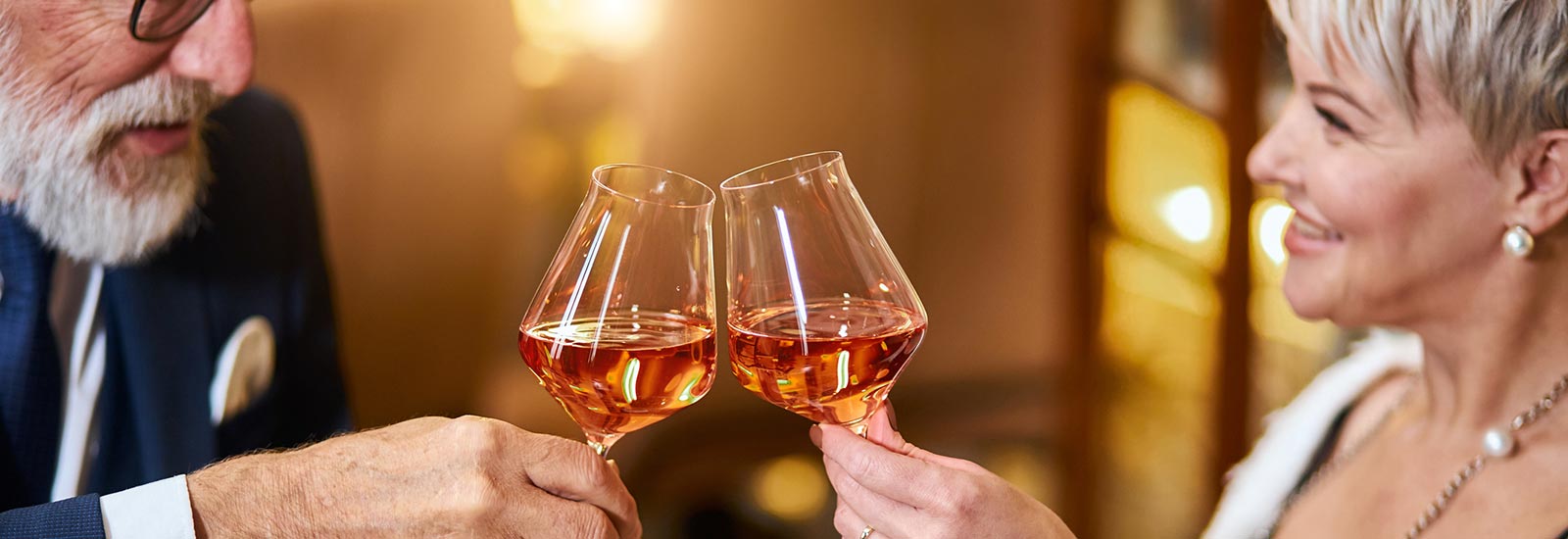
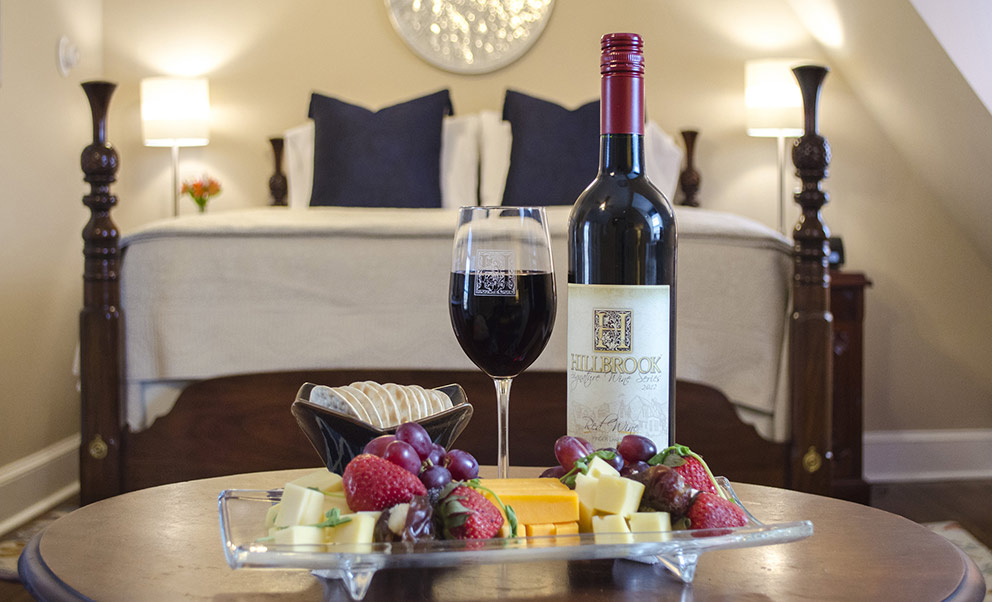

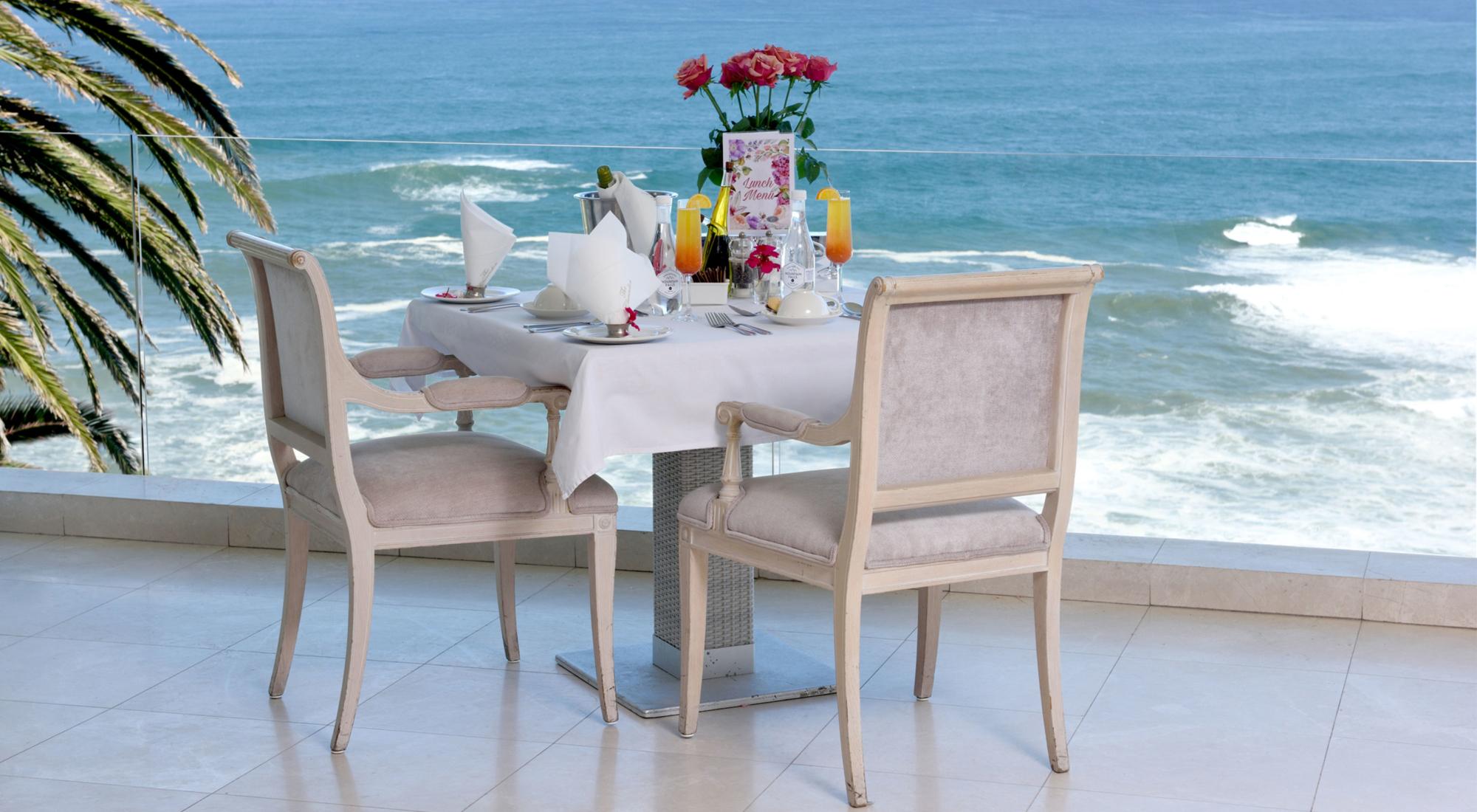


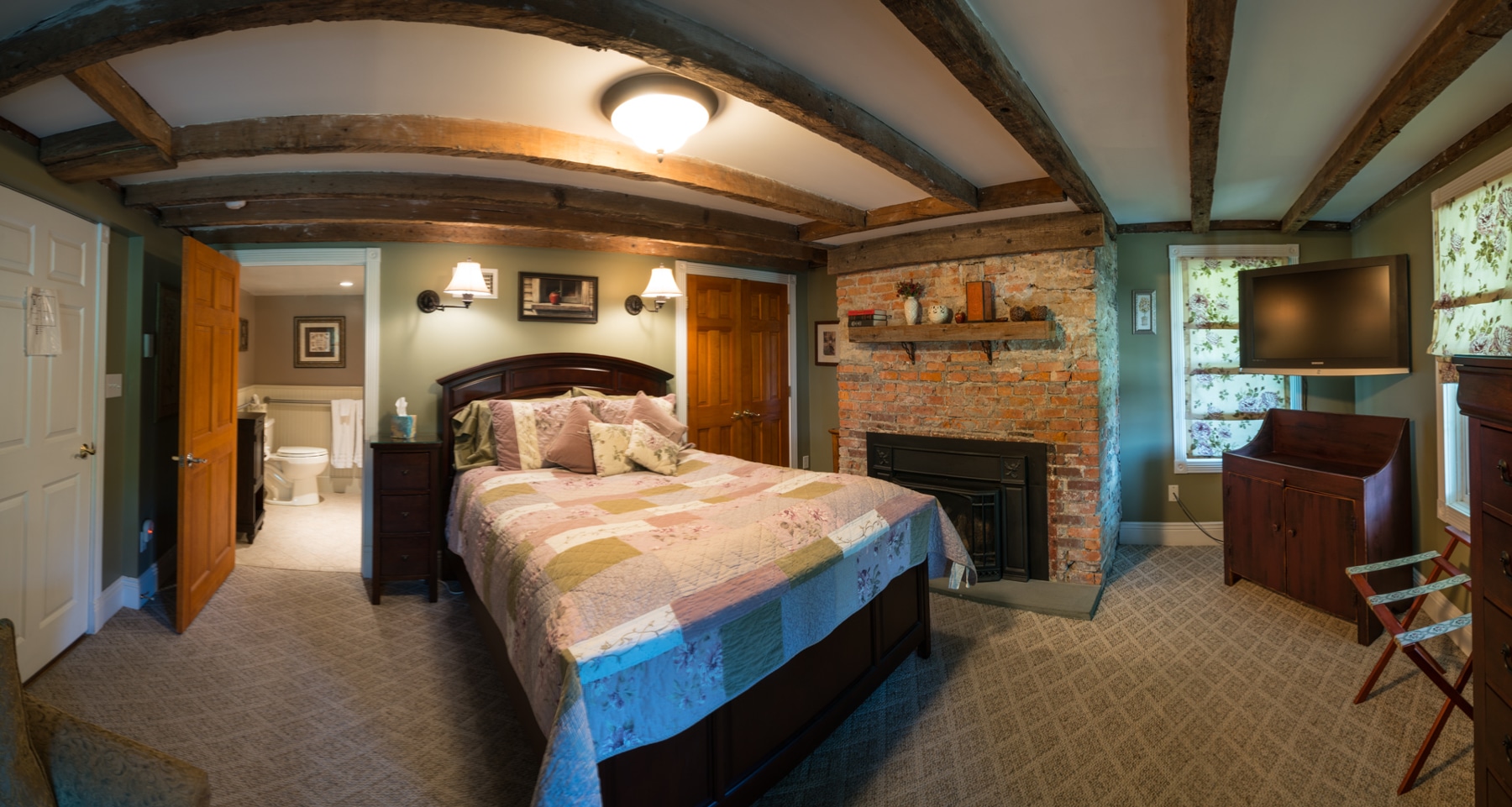
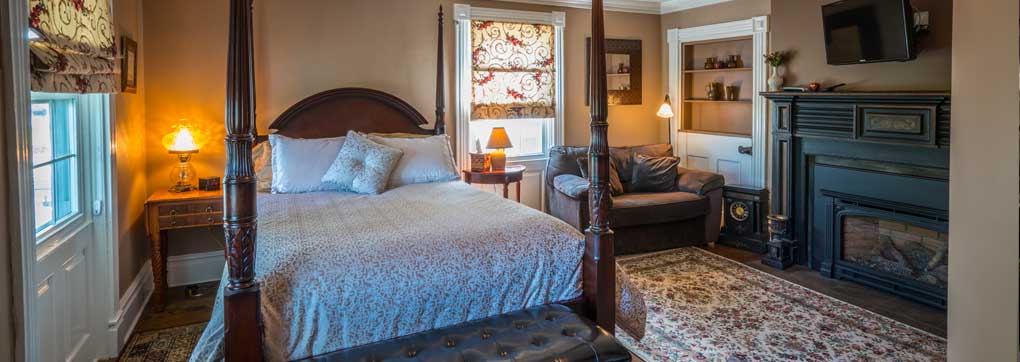
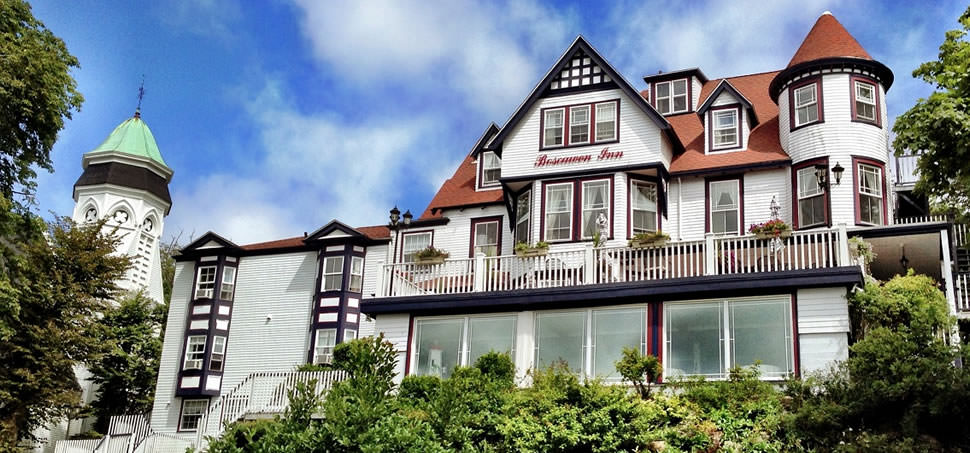
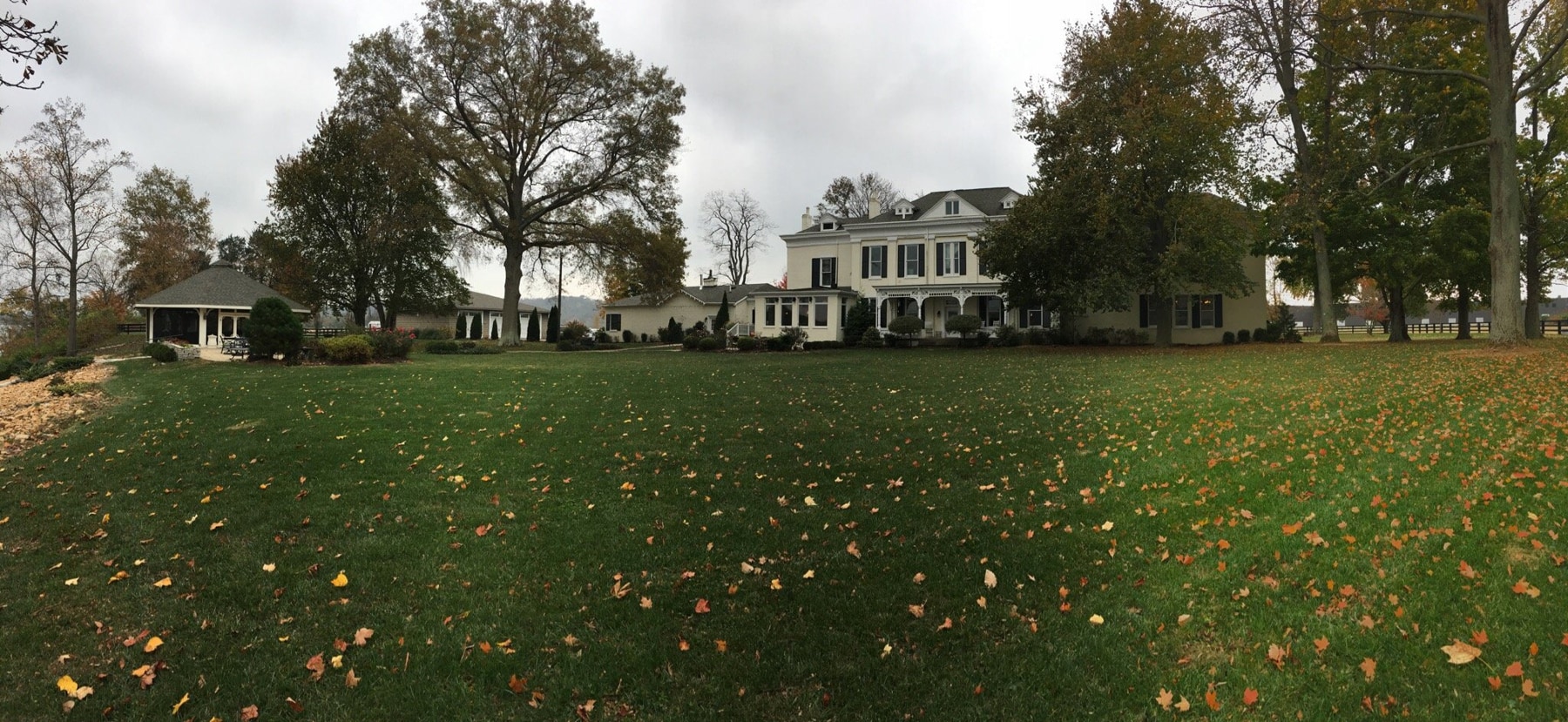

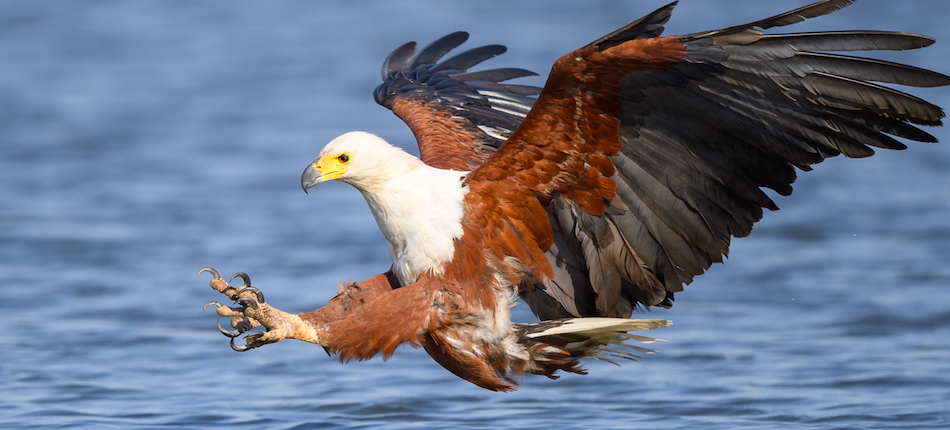
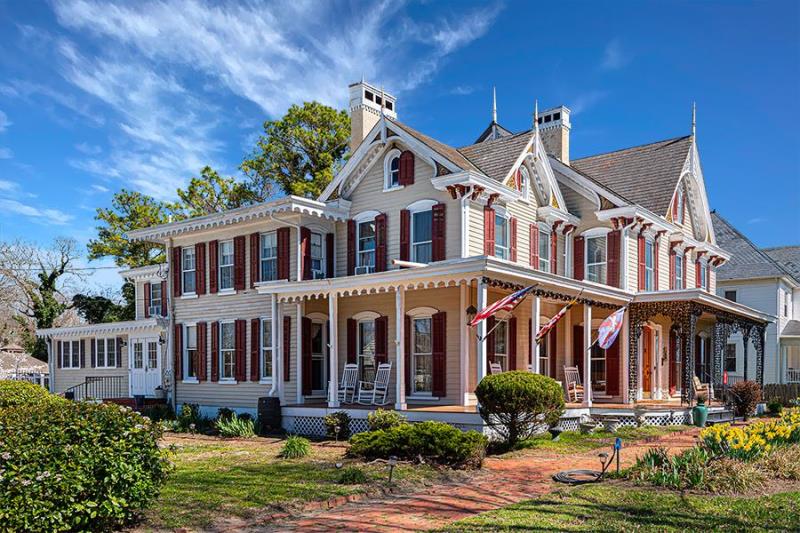
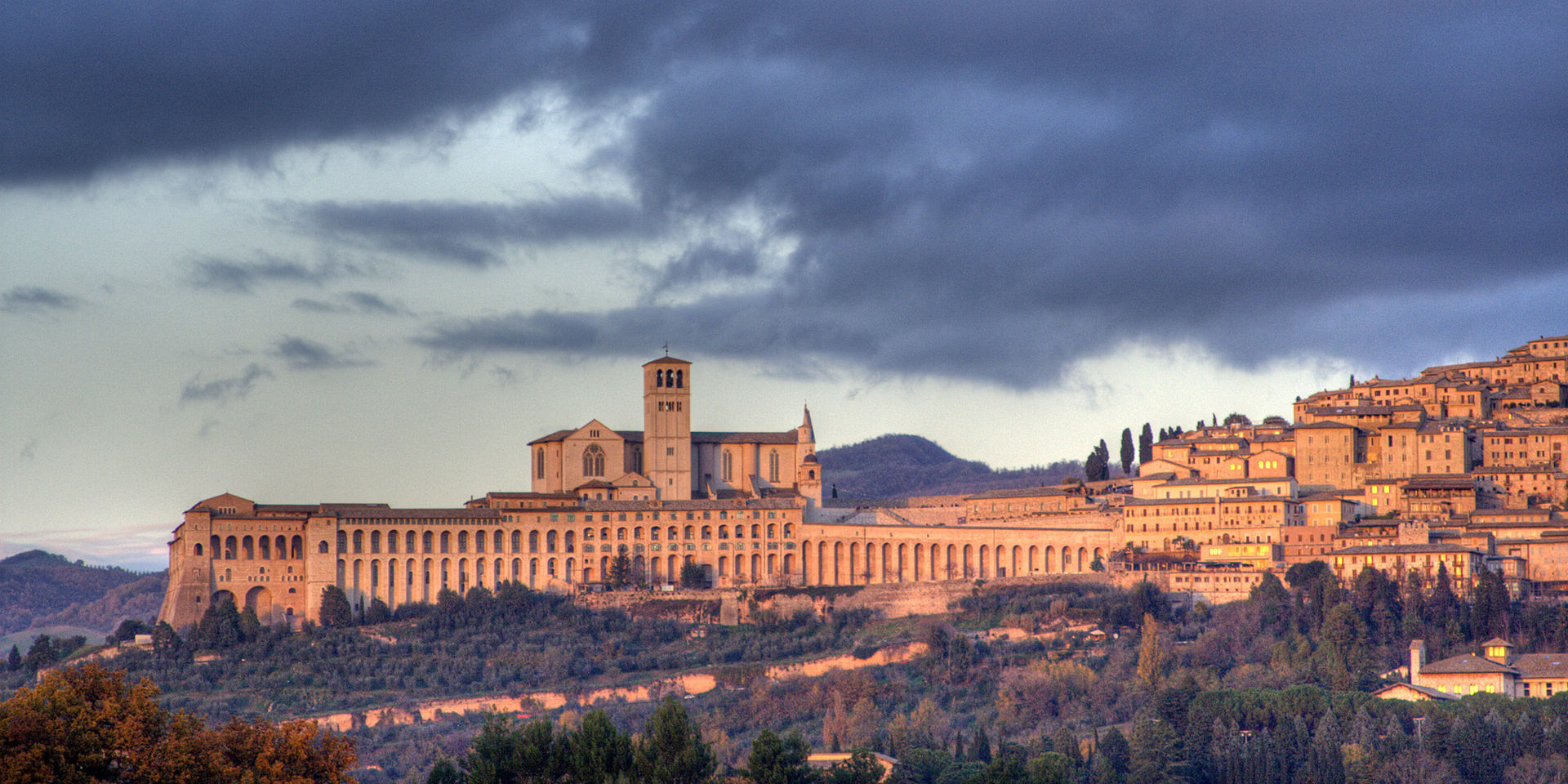
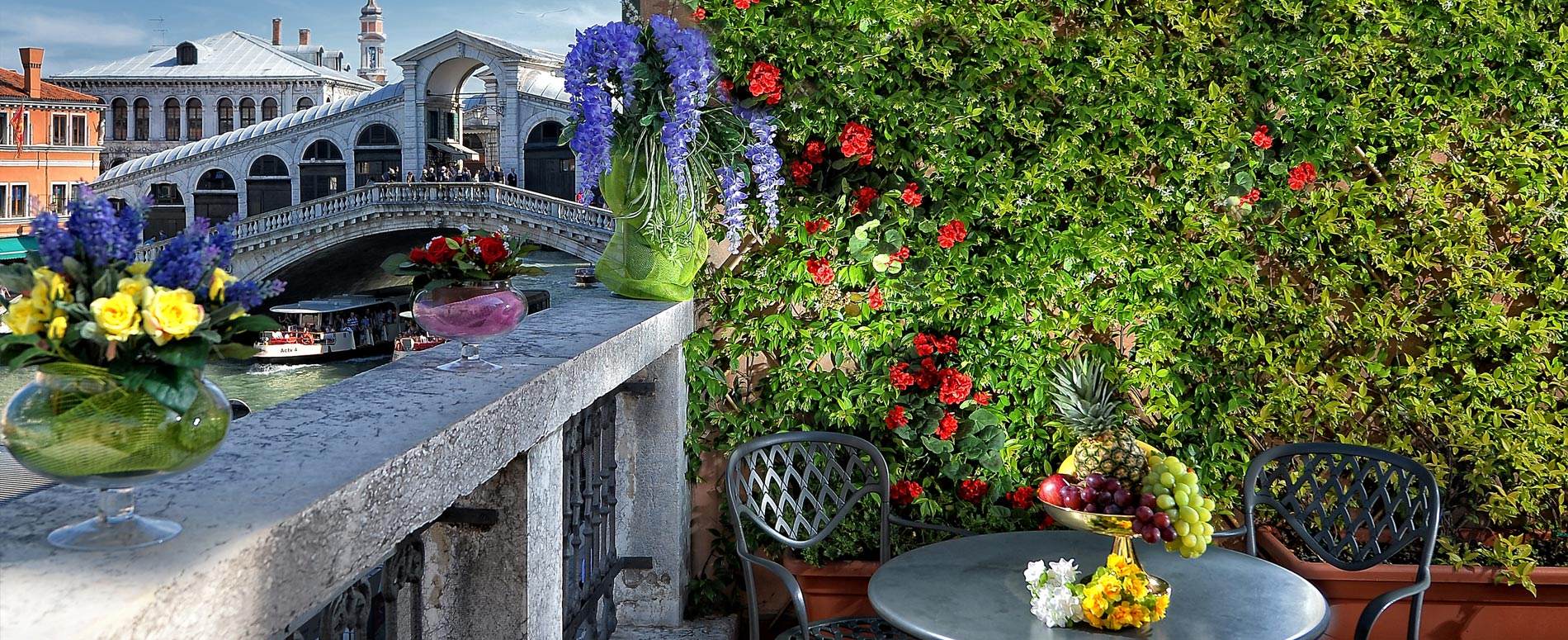
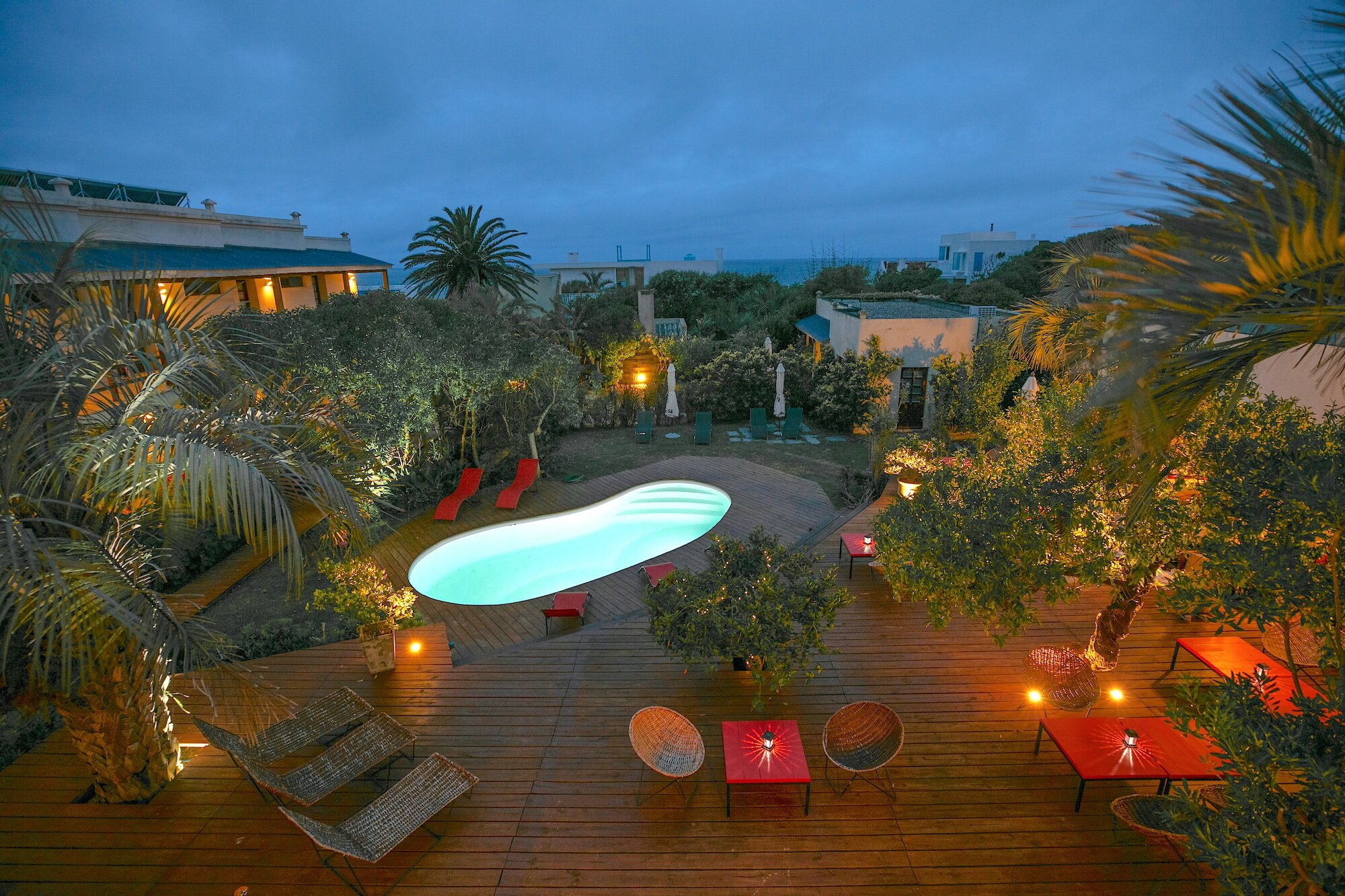
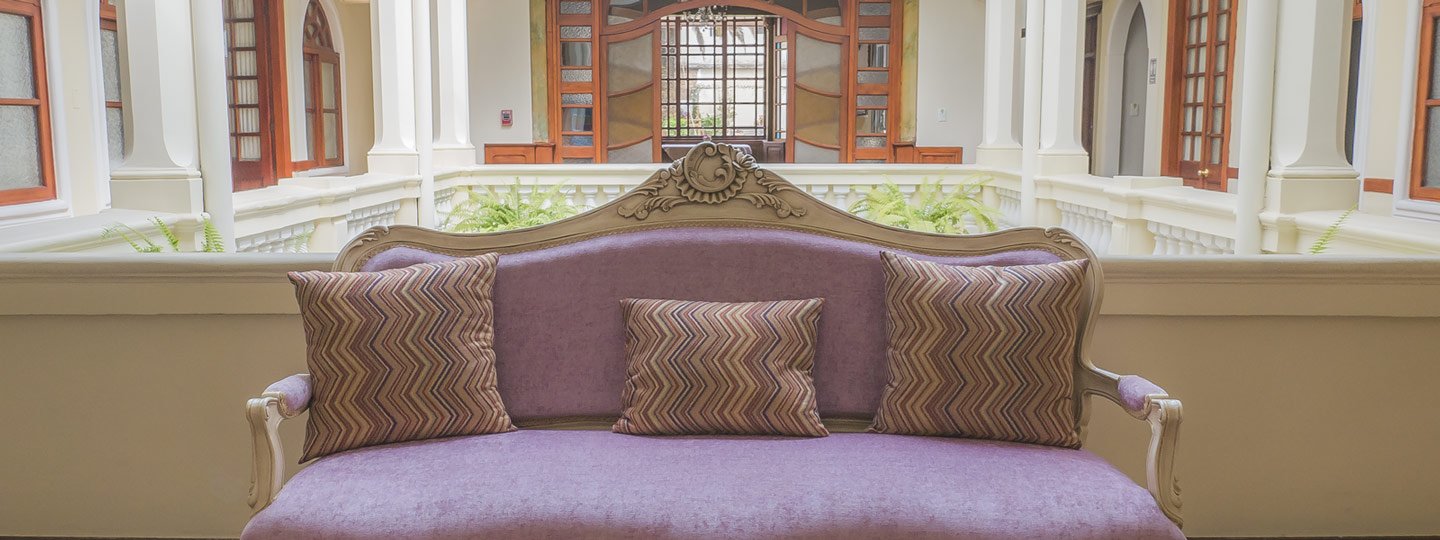
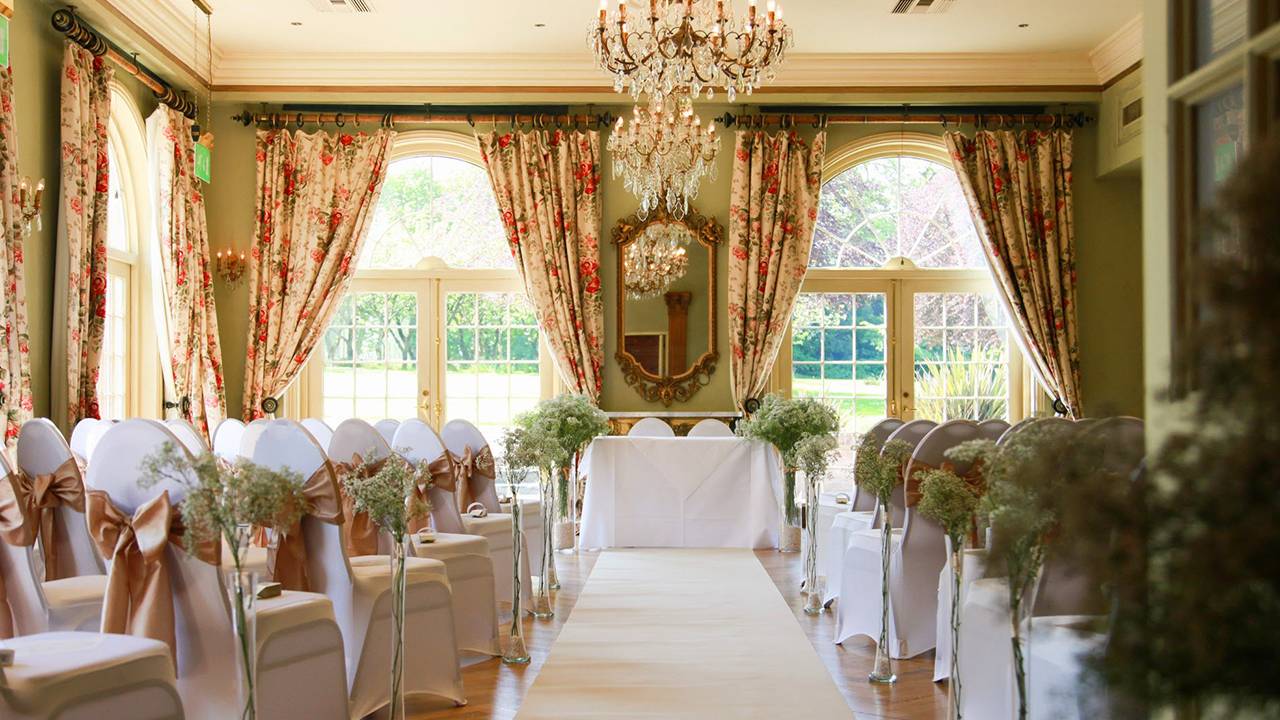
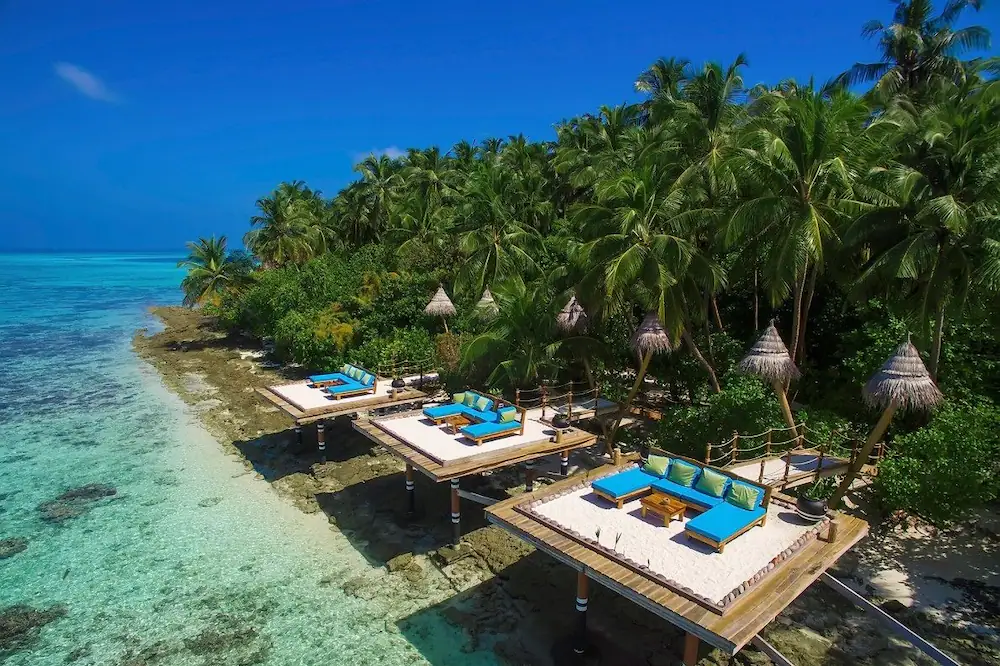
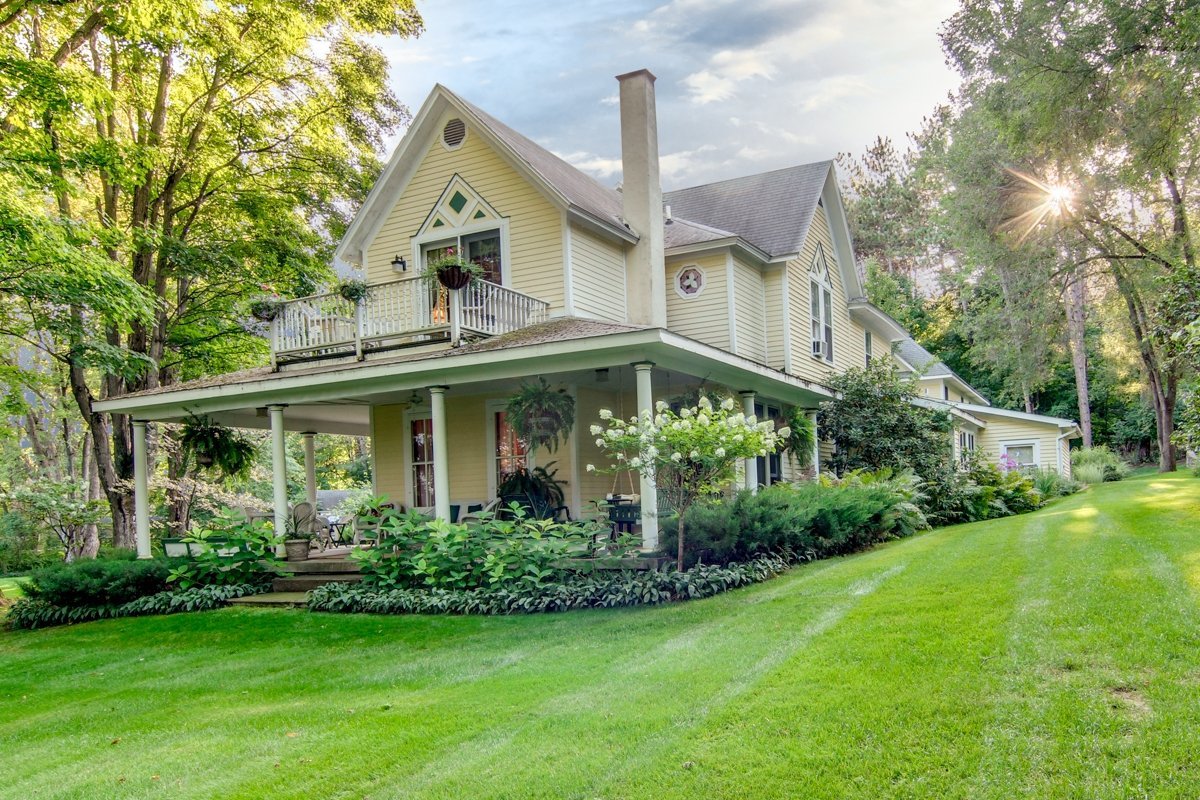
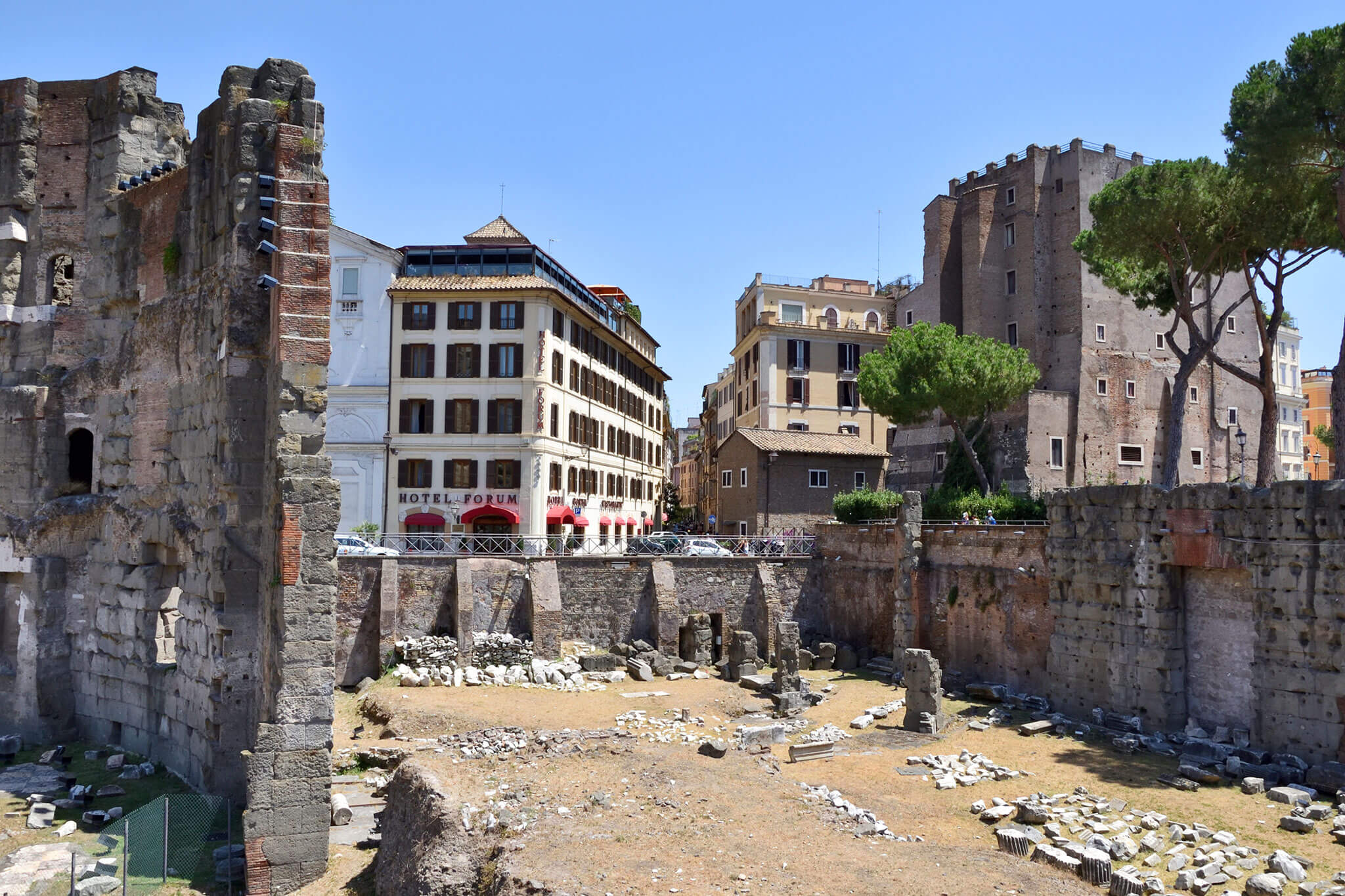
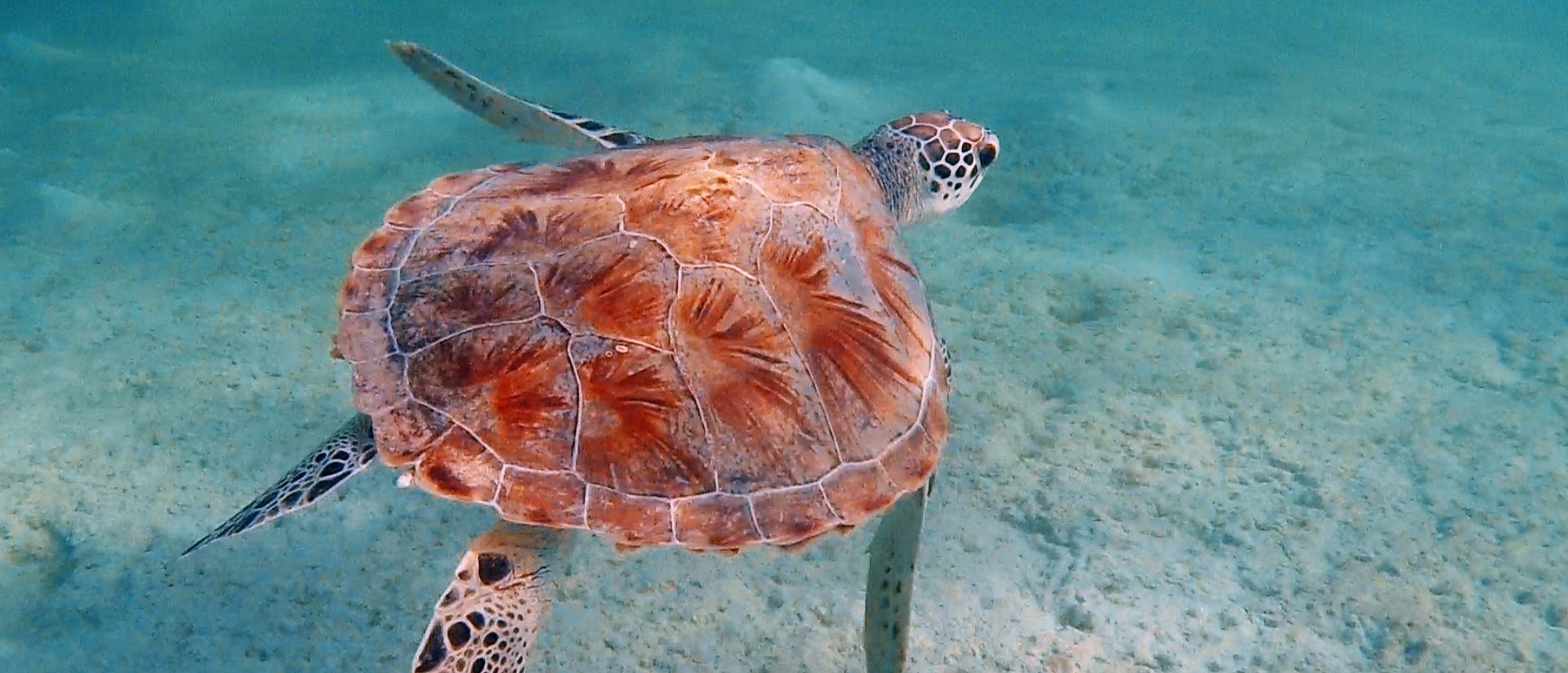
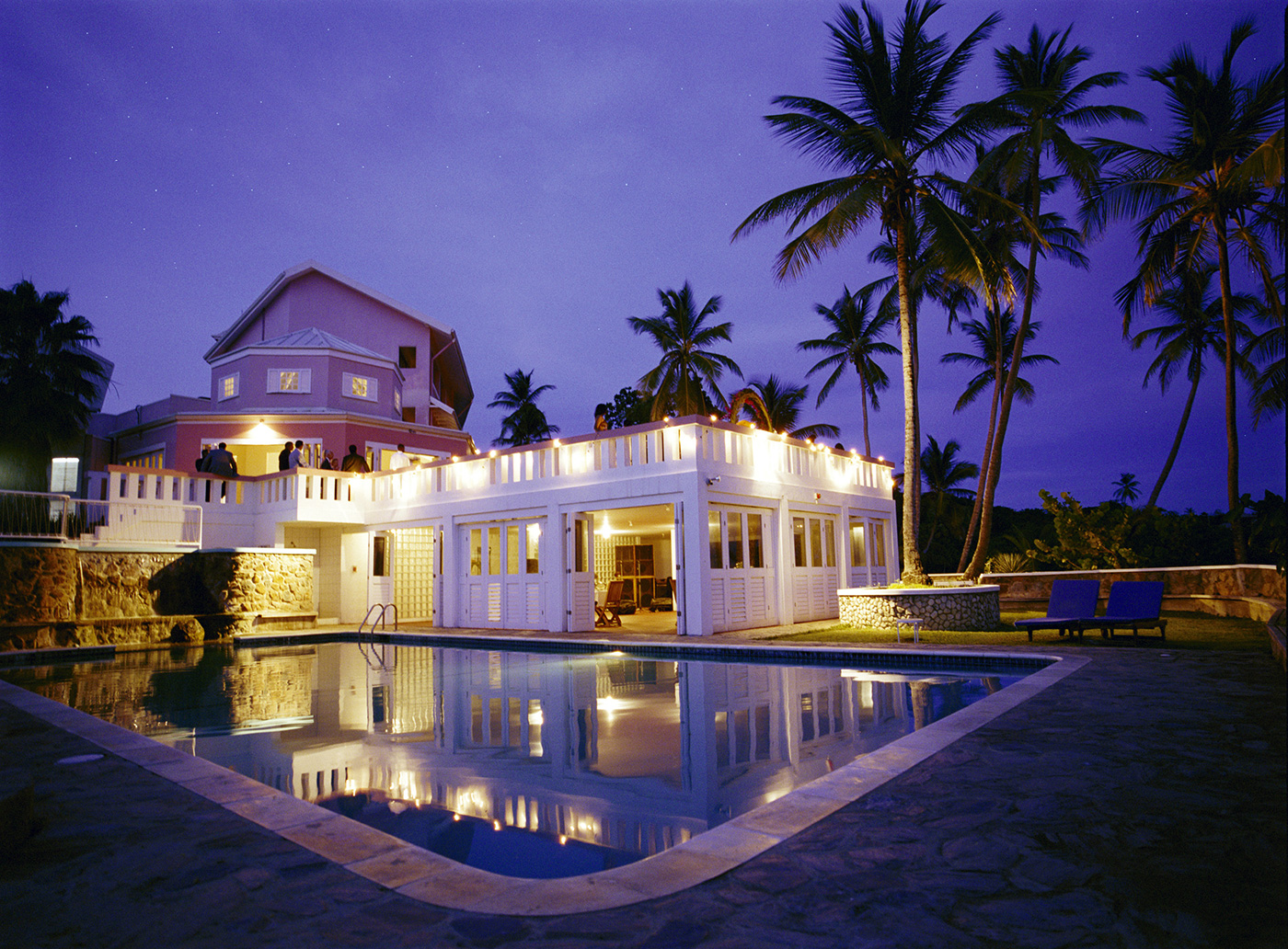
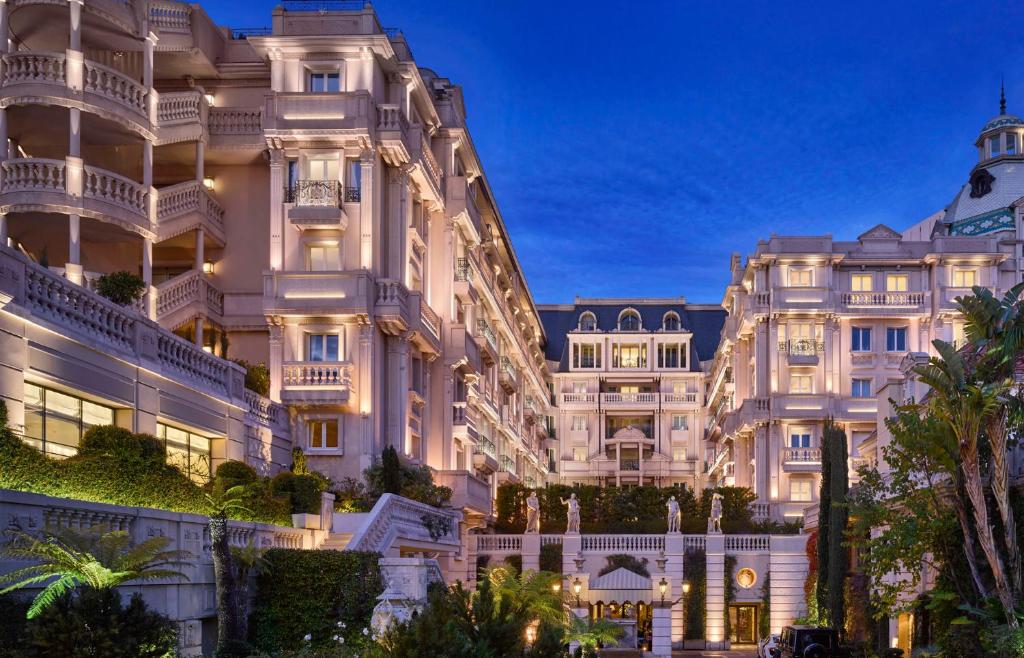
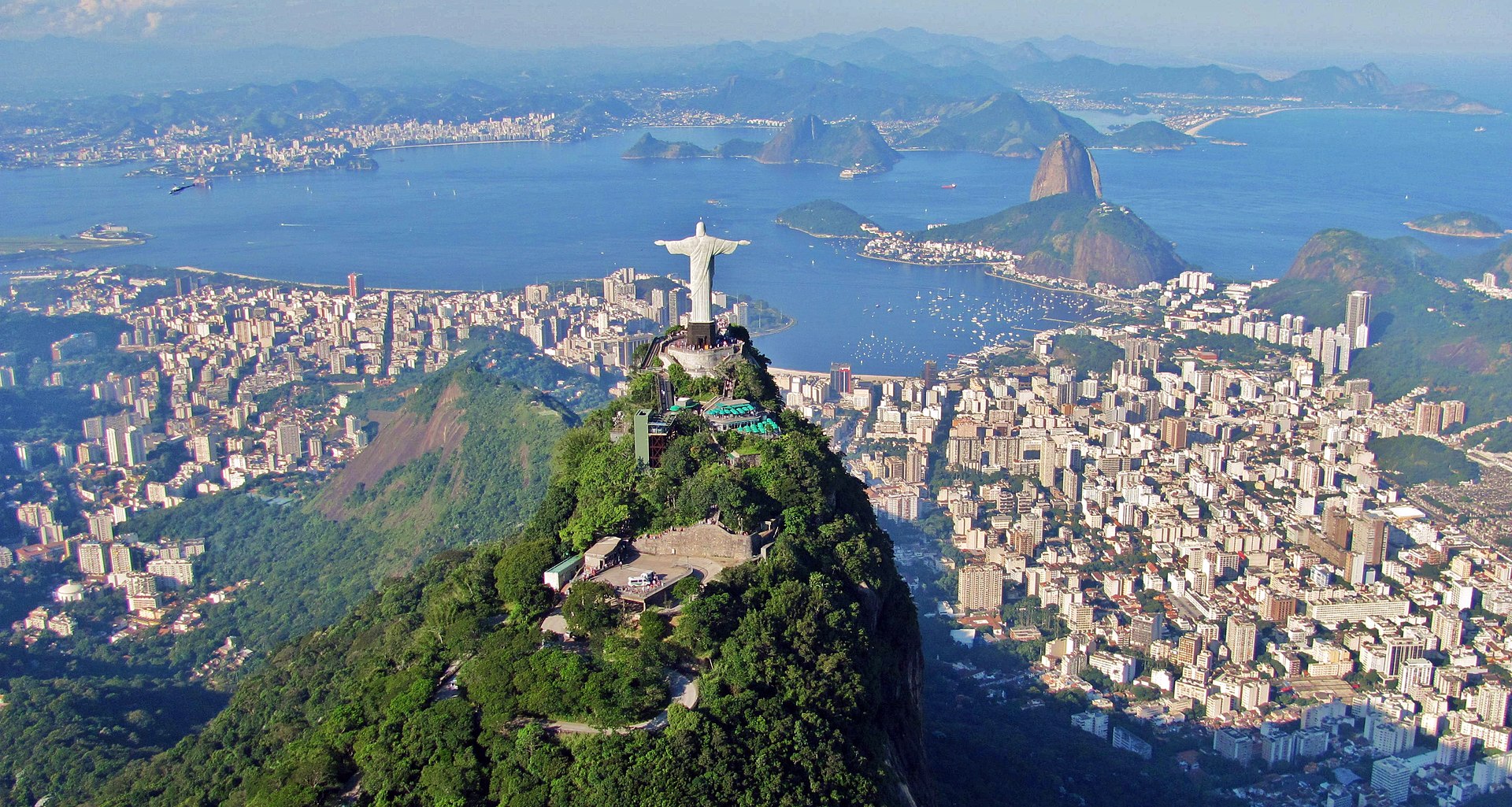
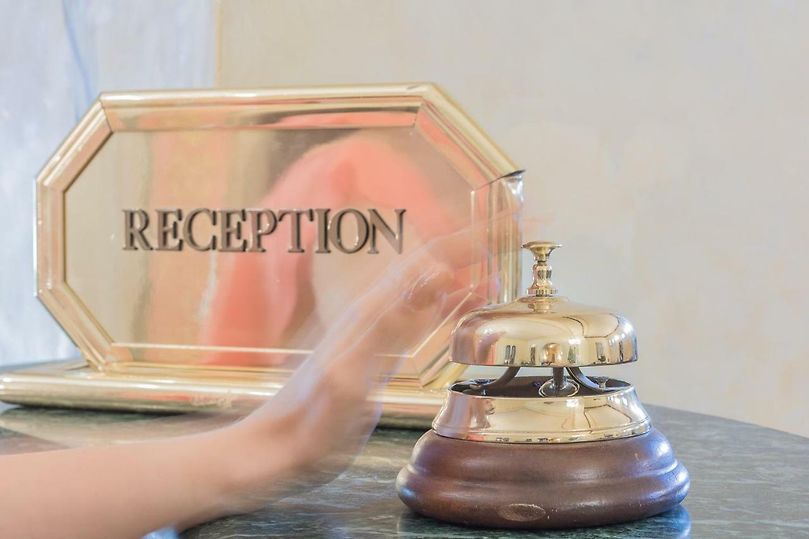
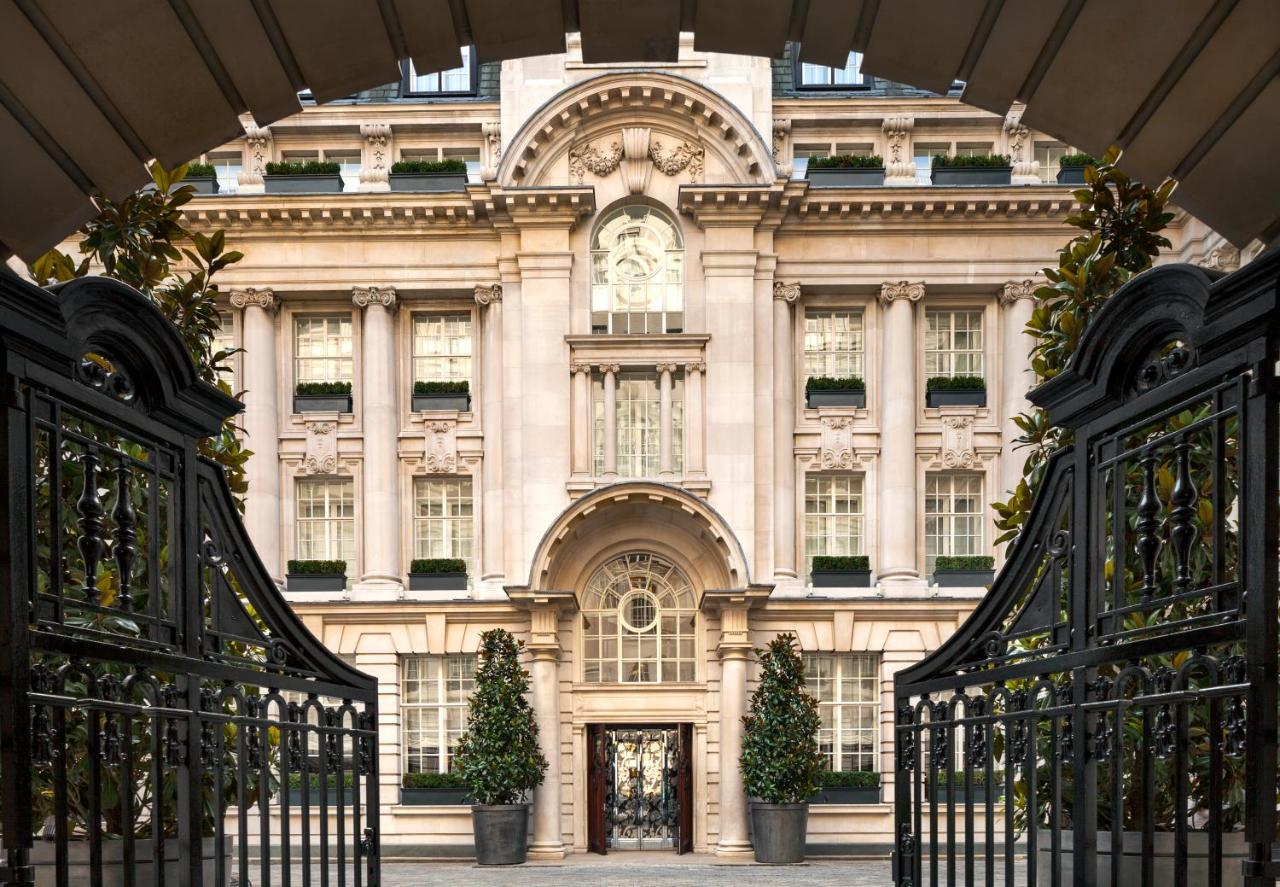
Katberg Pass, Seymour, Eastern Cape, South Africa
Agent: Cliff Jacobs - Managing Principal Estate Agent & CEO (Nat.Dpl.Hotel Man (UJ). M.P.R.E.)
Agent Cellphone: +27 (0) 84 413 1071 / +27 (0) 61 716 6951
Agent Office Number: +27 (0) 84 413 1071
Agent Email Address: cliff@exquisitehotelconsultants.com
Type: Mountain Resort & Hotel
Bedrooms: 36
Bathrooms: 36
Showers: 36
Parking: 40
Yield: Not Disclosed
TGCSA Rating:

Katberg Pass
Katberg Pass is a mountain pass situated in the Eastern Cape province of South Africa, on the R351 between Seymour and Whittlesea. The pass climbs almost 700 meters in altitude to summit at 1622m ASL. The average gradient is 1:15 with some sections as steep as 1:3.
Construction commenced in 1854 and was built by Andrew Geddes Bain. He was unable to complete it so it was ultimately completed by Adam de Smidt.
Seymour
Seymour is a town in Amatole District Municipality in the Eastern Cape province of South Africa.
The town is on the Katrivier Dam, 160 km north-west of East London and 35 km north-north-west of Alice. It was founded in 1853 and named after Colonel Charles Seymour who served as Military Secretary to the Governor, Sir George Cathcart. The town is in the newly established Raymond Mhlaba Local Municipality.
The Eastern Cape
The Eastern Cape is one of the provinces of South Africa. Its capital is Bhisho, but its two largest cities are East London and Gqeberha.
The second largest province in the country (at 168,966 km2) after Northern Cape, it was formed in 1994 out of the Xhosa homelands or bantustans of Transkei and Ciskei, together with the eastern portion of the Cape Province. The central and eastern part of the province is the traditional home of the indigenous Xhosa people. In 1820 this area which was known as the Xhosa Kingdom began to be settled by Europeans who originally came from England and some from Scotland and Ireland.
Since South Africa's early years, many Xhosas believed in Africanism and figures such as Walter Rubusana believed that the rights of Xhosa people and Africans in general, could not be protected unless Africans mobilized and worked together. As a result, the Eastern Cape is home to many anti-apartheid leaders such as Robert Sobukwe, Oliver Tambo, Nelson Mandela, Walter Sisulu, Winnie Mandela, Govan Mbeki, Alfred Xuma, Cecilia Makiwane, Noni Jabavu among others. It is also home the then young Thabo Mbeki, Chris Hani, Bantu Holomisa, Steve Biko, musicians Miriam Makeba, Madosini, Nathi, Vusi Nova and Zahara as well as historical figures such as Rev. Tiyo Soga, Samuel Mqhayi, Mongezi Sifika wa Nkomo, Enoch Sontonga and Jotello Festiri Soga.
History
The Eastern Cape as a South African Province came into existence in 1994 and incorporated areas from the former Xhosa homelands of the Transkei and Ciskei, together with what was previously part of the Cape Province. This resulted in several anomalies including the fact that the Province has four supreme courts (in Makhanda, Gqeberha, Bhisho and Mthatha) and had enclaves of KwaZulu-Natal in the province. The latter anomaly has fallen away with amendments to municipal and provincial boundaries.
The Xhosa Kingdom was one of the most powerful kingdoms in Africa and had all states in the Eastern Cape as tributaries. Any group, people or tribe that recognized the Xhosa Kingdom as Paramouncy became Xhosa, practiced Xhosa culture and used isiXhosa as their main language. Some of the tribes that fall under the category of Xhosa people include: AmaMpondo, AbaThembu, AmaMpondomise, AmaHlubi, AmaBhaca, AmaXesibe, AmaBomvana and more.
European settlers
In the late 18th century the Dutch Cape Colony slowly expanded eastwards from its original centre around Cape Town. This led to the establishment in 1786 of the Dutch settlement of Graaff-Reinet – named for the Governor of the Cape Colony Cornelius Jacob van de Graaff (in office: 1785–1791) and for his wife Hester Cornelia van de Graaff (née Reynet). Later, during the Napoleonic wars of 1803–1815, Britain took control of the Cape Colony (1806) and encouraged British citizens to migrate there as a means to boost the British population in the area.
From the early 1800s until the formation of the Union of South Africa in 1910, the Eastern Cape saw colonisation by British migrants. English settlers established most of the towns, naming them either for places in England or for the original founders. British colonisation saw schools, churches, hospitals, town centres and government buildings built to speed up development.[citation needed] Some of the older European settlementsinclude: Makhanda (1812), Gqeberha (1820), Salem (1820), Bathurst (1820), East London (1836), Paterson (1879), Cradock (1814) and Qonce.
Demographics
The population of Eastern Cape Province is 6,562,053, of whom 86.3% are Black, 8.3% are Coloureds, 4.7% are White and 0.4% are Indian/Asian. A large majority of people in the province are Xhosa, with 78.8% of residents in Eastern Cape identifying as Xhosa as of 2011. Unlike most of South Africa the White population is overwhelmingly of British descent. Roughly 279,000 out of 310,000 White South Africans in Eastern Cape are English-speakers of British descent while only about 10% of Whites in the province are of Boer/Afrikaner ancestry. Eastern Cape is one of only two provinces in South Africa where British descended Whites outnumber Boers/Afrikaners, the other being Kwazulu-Natal. Gqeberha is the largest city in Eastern Cape Province.
Law and government
The first premier was Raymond Mhlaba and the current premier is Oscar Mabuyane, both of the African National Congress. The province is served by the capital of Bhisho next to Qonce. The parliament and other important government buildings are situated in the precinct. The High Court that is superior to all courts in the region is situated in Makhanda and has local seats in Gqeberha, East London and Bhisho.
Geography
The Eastern Cape gets progressively wetter from west to east. The west is mostly semiarid Karoo, except in the far south, which is temperate rainforest in the Tsitsikamma region. The coast is generally rugged with interspersed beaches. Most of the province is hilly to very mountainous between Graaff-Reinet and Rhodes including the Sneeuberge (English: Snow Mountains), Stormberge, Winterberge and Drakensberg (English: Dragon Mountains). The highest point in the province is Ben Macdhui at 3001 m. The east from East London and Komani towards the KwaZulu-Natal border – a region known previously as Transkei – is lush grassland on rolling hills, punctuated by deep gorges with intermittent forest.
Eastern Cape has a coast on its east which lines southward, creating shores leading to the south Indian Ocean. In the northeast, it borders the following districts of Lesotho:
Domestically, it borders the following provinces:
Climate
Climate is highly varied. The west is dry with sparse rain during winter or summer, with frosty winters and hot summers. The area Tsitsikamma to Makhanda receives more precipitation, which is also relatively evenly distributed and temperatures are mild. Further east, rainfall becomes more plentiful and humidity increases, becoming more subtropical along the coast with summer rainfall. The interior can become very cold in winter, with heavy snowfalls occasionally occurring in the mountainous regions between Molteno and Rhodes.
Tourism
The landscape is extremely diverse. The western interior is largely arid Karoo, while the east is well-watered and green. The Eastern Cape offers a wide array of attractions, including 800 kilometres (500 mi) of untouched and pristine coastline along with beaches, and big-five game viewing in a malaria-free environment.
The Addo Elephant National Park, situated 73 kilometres (45 mi) from Gqeberha, was proclaimed in 1931. Its 743 square kilometres (287 sq mi) offers sanctuary to 170 elephants, 400 Cape buffalo and 21 black rhino of the very scarce Kenyan sub-species.
The province is the location of Tiffindell, South Africa's only snow skiing resort, which is situated near the hamlet of Rhodes in the Southern Drakensberg. It is on the slopes of Ben Macdhui, the highest mountain peak in the Eastern Cape 3,001 metres (9,846 ft).
The National Arts Festival, held annually in Makhanda, is Africa's largest cultural event,[citation needed] offering a choice of both indigenous and imported talent. Every year for eleven days the town's population almost doubles, as over 50,000 people flock to the region for a feast of arts, crafts, music and entertainment.
Jeffreys Bay is an area with wild coastline, which is backed by sub-tropical rainforest. The waters here are noted for having good waves for surfing.
Aliwal North, lying on an agricultural plateau on the southern bank of the Orange River, is an inland resort known for its hot springs.
The rugged and unspoiled Wild Coast is a place of spectacular scenery. The coastal areas have been a graveyard for many vessels.
Whittlesea, Eastern Cape, situated in the Amatola Mountains, is known for the first wine estate in the province.
Qonce, Alice, Komani, Makhanda, Cradock and Fort Beaufort offer some of the best colonial architecture of the 19th century in the province. The two major cities lining the coast are East London and Gqeberha.
Economy
The Eastern Cape is the poorest province in South Africa and has the highest expanded and official unemployment rate in the country. Subsistence agriculture predominates in the former homelands, resulting in widespread poverty. A multi billion Rand industrial development zone and deep water port are being developed in Coega to boost investment in export-oriented industries. Overall the province only contributes 8% to the national GDP despite making 13.5% of the population. The real GDP of Eastern Cape stands at an estimated R230.3billion in 2017, making the province the fourth largest regional economy in SA ahead of Limpopo and Mpumalanga.
Agriculture
There is much fertile land in the Eastern Cape, and agriculture remains important. The fertile Langkloof Valley in the southwest has large deciduous fruit orchards. In the Karoo there is widespread sheep farming.
The Alexandria-Makhanda area produces pineapples, chicory and dairy products, while coffee and tea are cultivated at Magwa. People in the former Transkei region are dependent on cattle, maize and sorghum-farming. An olive nursery has been developed in collaboration with the University of Fort Hare to form a nucleus of olive production in the Eastern Cape.
Domestic stock farming is slowly giving way to game farming on large scale. Eco-tourism is resulting in economic benefits, and there is lower risk needed to protect wild, native game against drought, and the natural elements. Habitat loss and poaching pose the greatest problems.
The area around Stutterheim is being cultivated extensively with timber plantations.
The basis of the province's fishing industry is squid, some recreational and commercial fishing for line fish, the collection of marine resources, and access to line-catches of hake.
Industry
With three import/export harbours and three airports offering direct flights to the main centres, and an excellent road and rail infrastructure, the province has been earmarked as a key area for growth and economic development in modern South Africa.
The two major industrial centres, Gqeberha and East London have well-developed economies based on the automotive industry. General Motors and Volkswagen both have major assembly lines in the Gqeberha area, while East London is dominated by the large DaimlerChrysler plant, now known as Mercedes-Benz South Africa.
Environmental-friendly projects include the Fish River Spatial Development Initiative, the Wild Coast SDI, and two industrial development zones, the East London Industrial Development Zone and the Coega IDZ near Gqeberha. Coega is the largest infrastructure development in post-apartheid South Africa. The construction of the deepwater Port of Ngqura was completed and the first commercial ship anchored in October 2009.
Other sectors include finance, real estate, business services, wholesale and retail trade, eco-tourism (nature reserves and game ranches) and hotels and restaurants.
The Owner's Comments with regard to the sale of the Mountain Resort/Hotel
ERF No – 774 KATBERG
No of rooms & beds – Currently operating rooms = 33 rooms with 9 twins (18 beds), 9 Triples (27 beds), 13 Doubles, 1 two bedroomed with double and twin beds (3 beds) – There are another 25 rooms which need various amounts of work to be done which are not currently operational and ¾ size beds for all these rooms.
Estimated Turnover and occupancy – The last years turnover was just over R3m. with an average occupancy of approximately 20%
No of employees – Permanent = 12 – Temps = 6-10 staff.
Included in sale – The land & property & Business, all stock and assets (there are some tools and one or two items which are my personal things which I will list when interested parties come forward)
About Us
Clear rivers and soft, green valleys; waterfalls and forested ravines, sweeping plantations and exposed, grassy summits make up the Katberg.
An iconic and historic landmark on the Eastern Cape landscape, Katberg Hotel has welcomed families, friends, outdoor enthusiasts, conference goers and events planners for generations.
Renowned for the Eastern Cape’s warm and good humoured hospitality, wholesome tasty menus, comfortable accommodation and a multitude of activities and options ensure a happy and relaxed stay.
For families, the welcome is unconditional, and children of all ages are catered for. Our children’s programme and activity options focus on fun and lively eco-action activities, using nature and the outdoors for children to learn and master life-long skills.
Accommodation
Set in lush terraced gardens connected by meandering walkways and waking up to birdsong, are the cornerstones of accommodation at the Mountain Resort and Hotel.
Honeymoon Suite











































































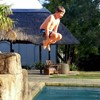


Cliff Jacobs (Nat Dpl Hotel Man (UJ). MPRE. GA Level 5 TEFL) Managing Principal / CEO Exquisite Hotel Consultants (Pty) Ltd Mobile: +27 (0) 84 413 1071 / +27 (0) 61 716 6951 Email: cliff@exquisitehotelconsultants.com Web: https://www.exquisitehotelconsultants.com © All rights reserved Terms and Conditions apply Scroll down to view our Hospitality Properties and Businesses for sale or lease or lease-to-buy or partnership arrangement or management agreement arrangement.